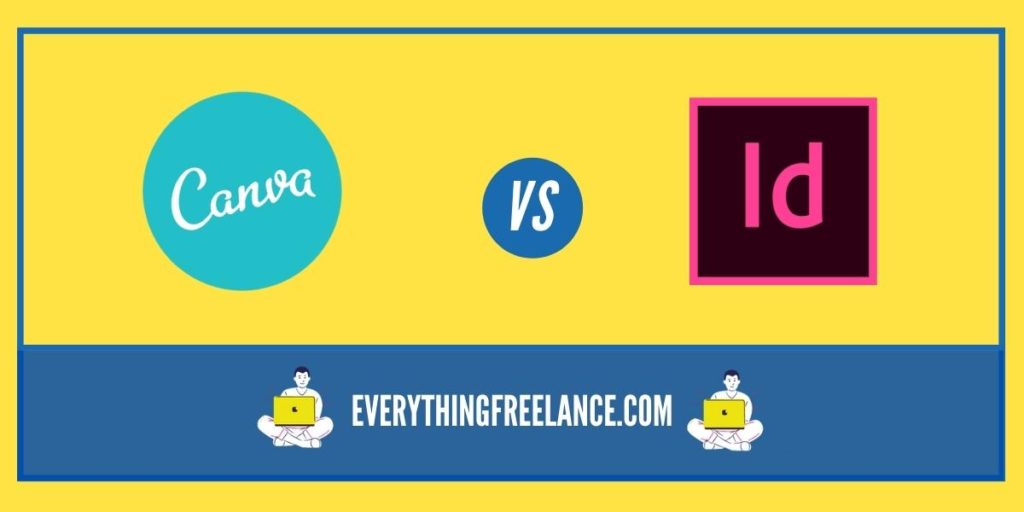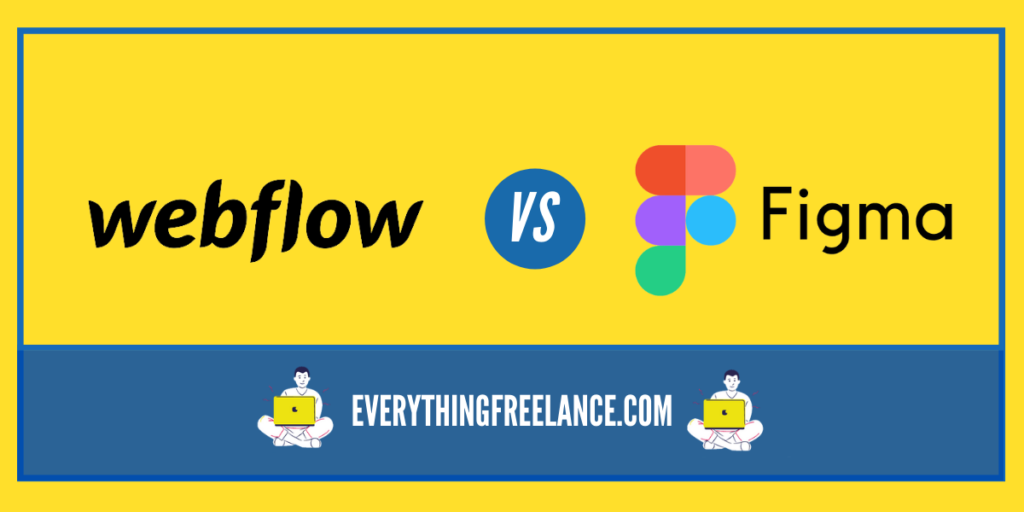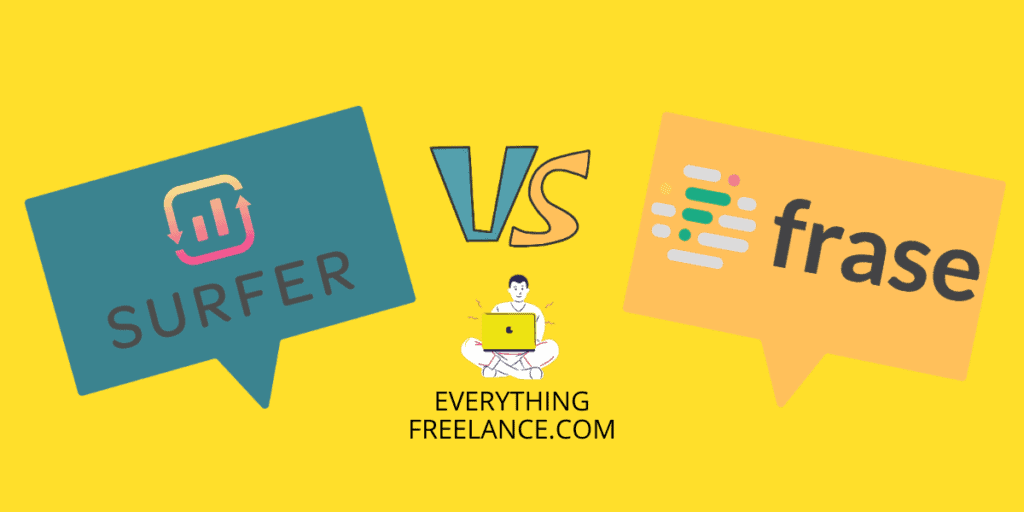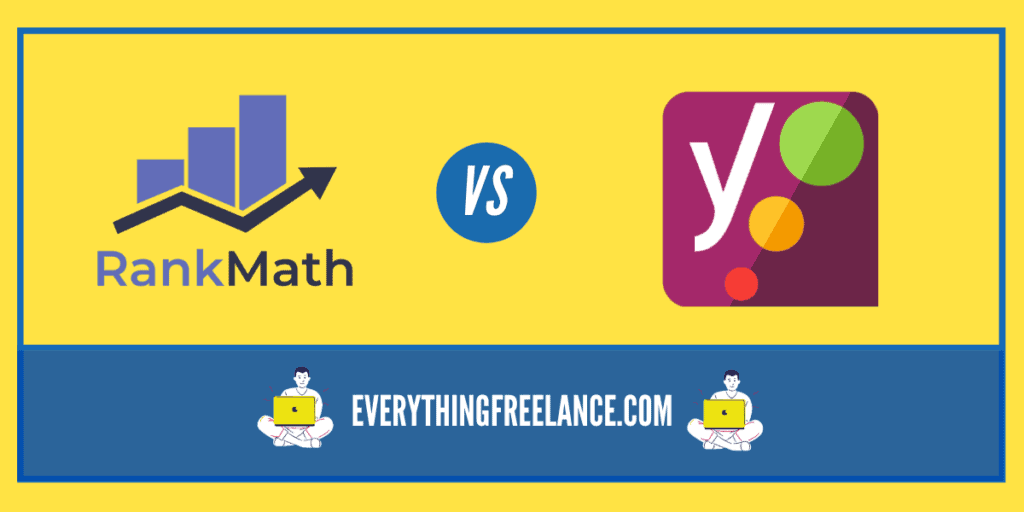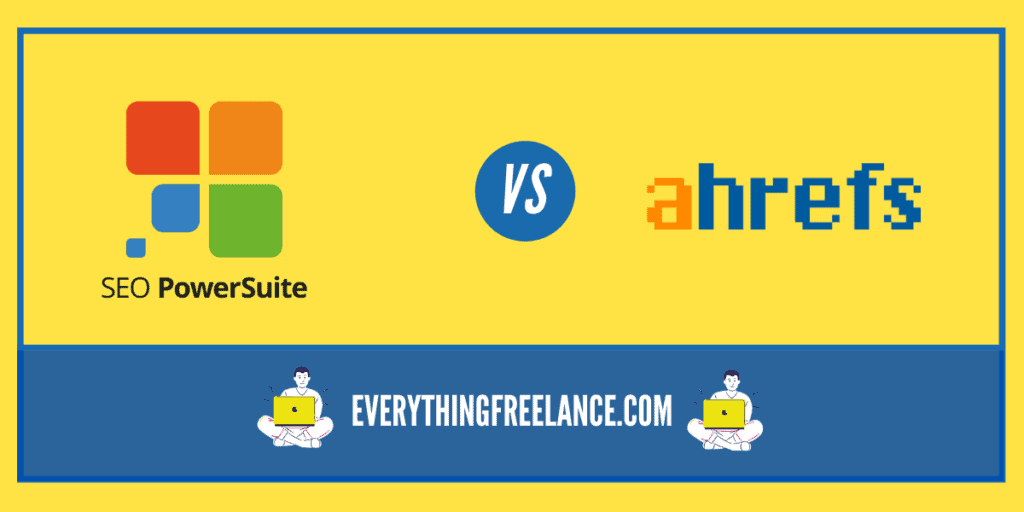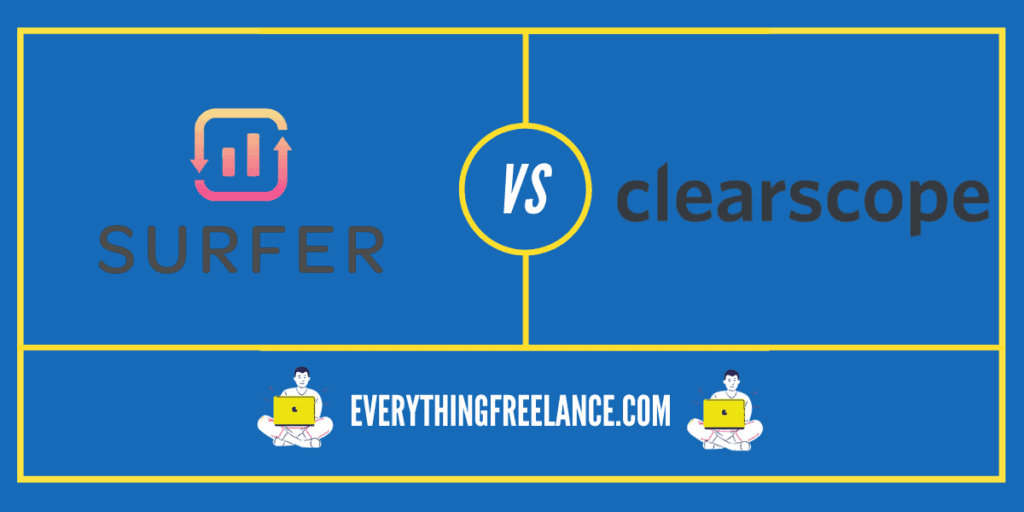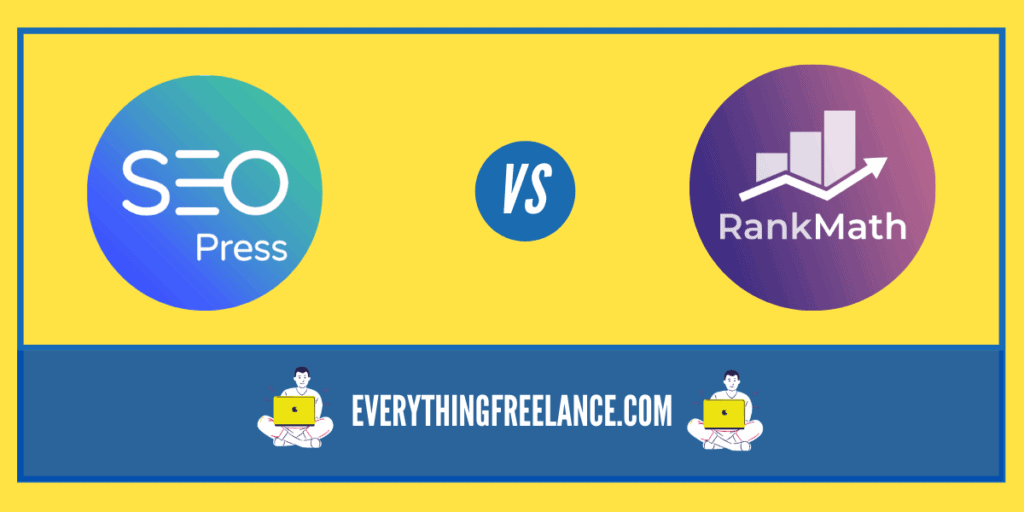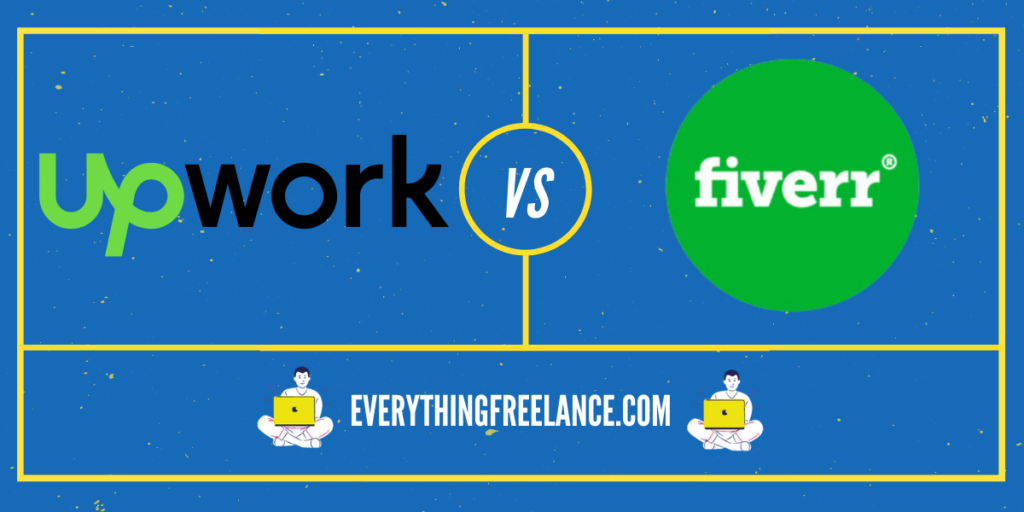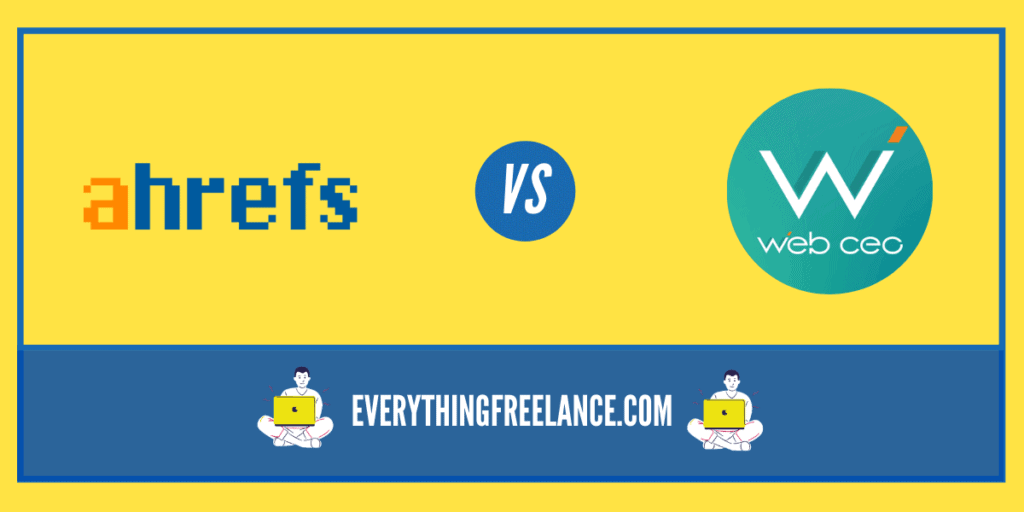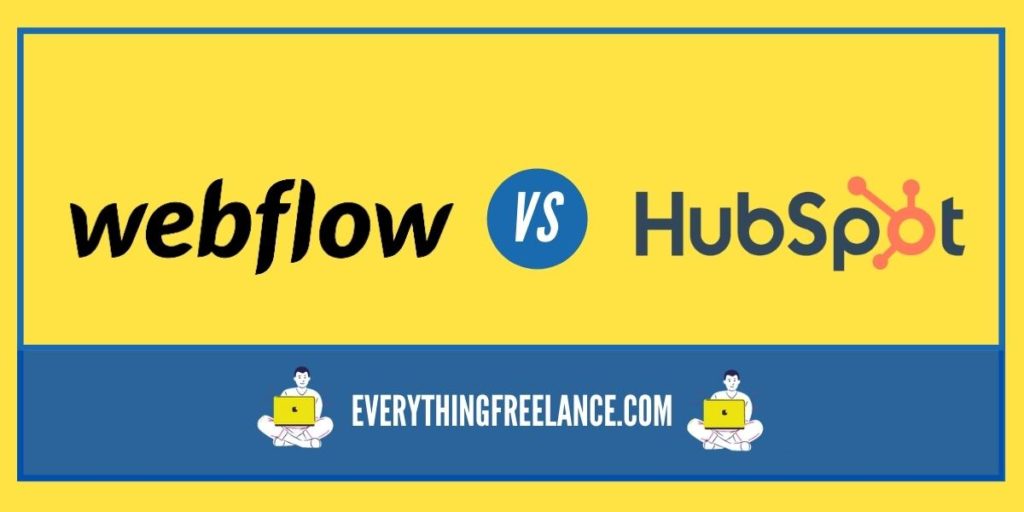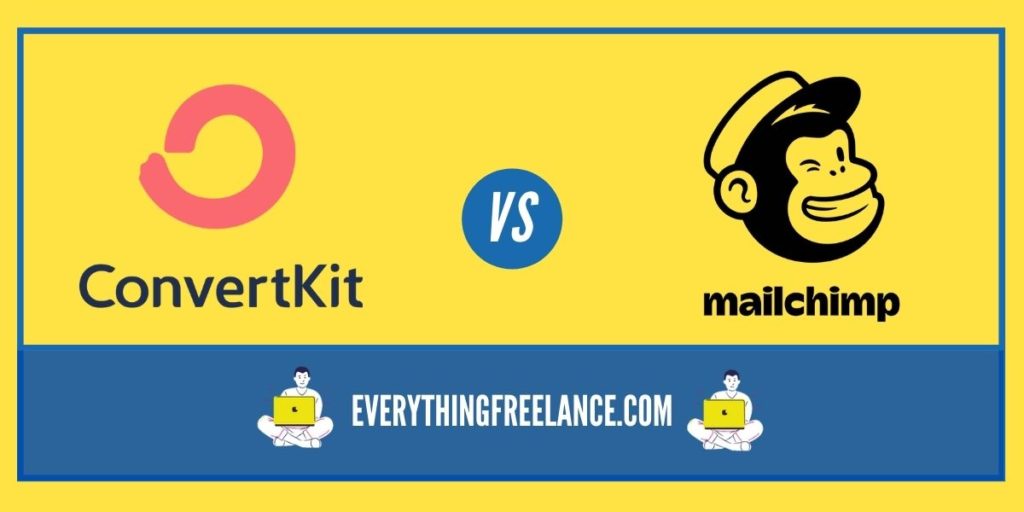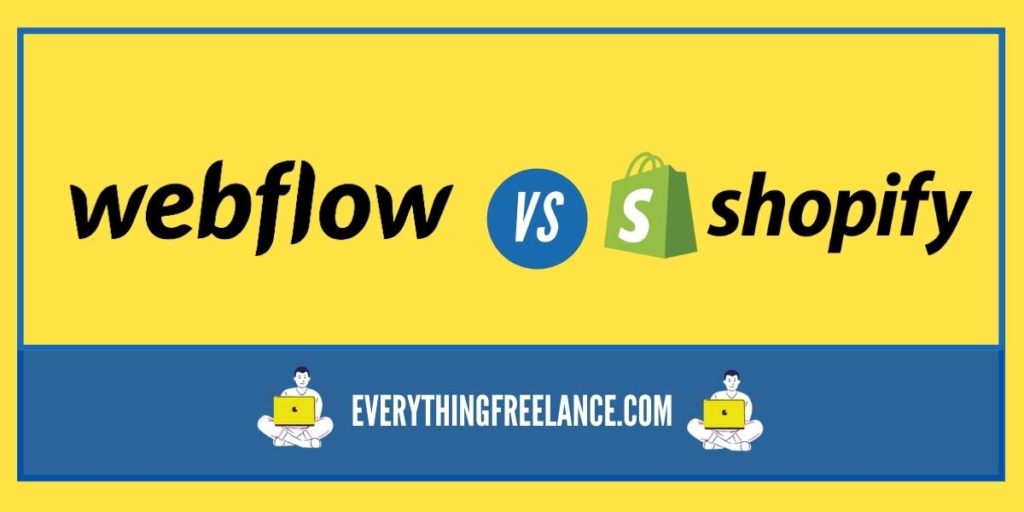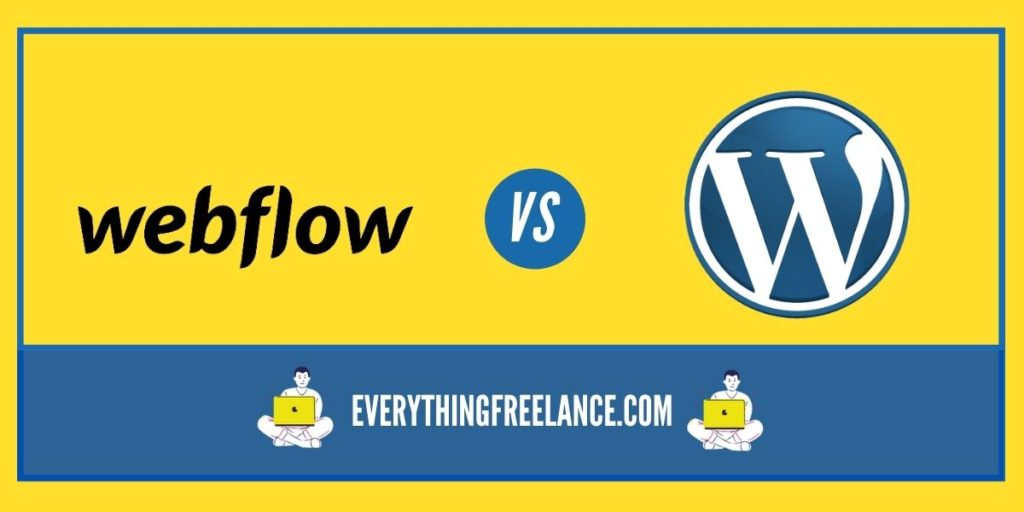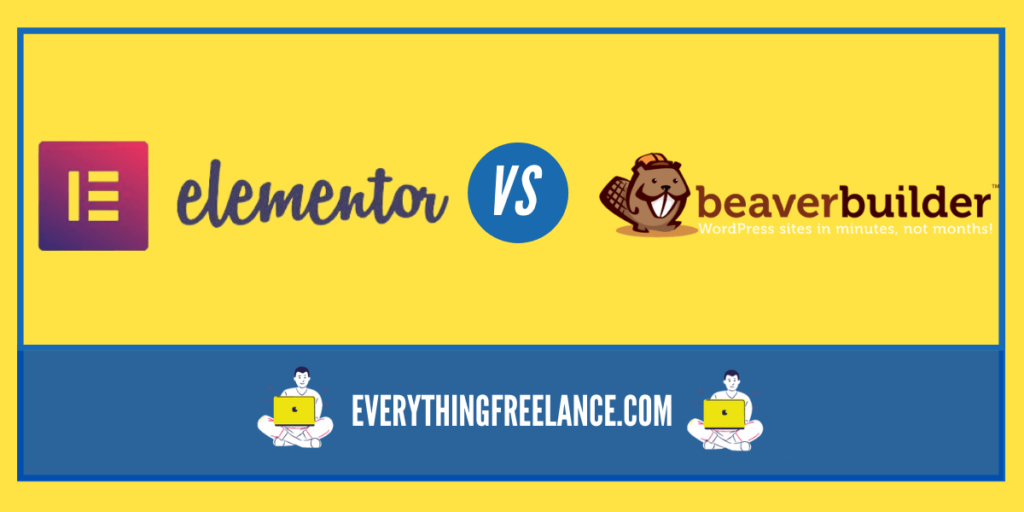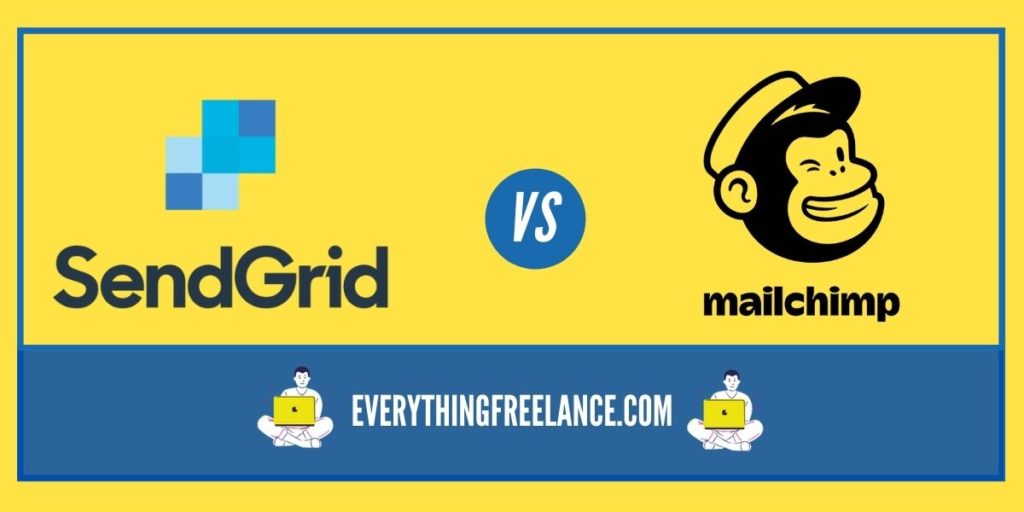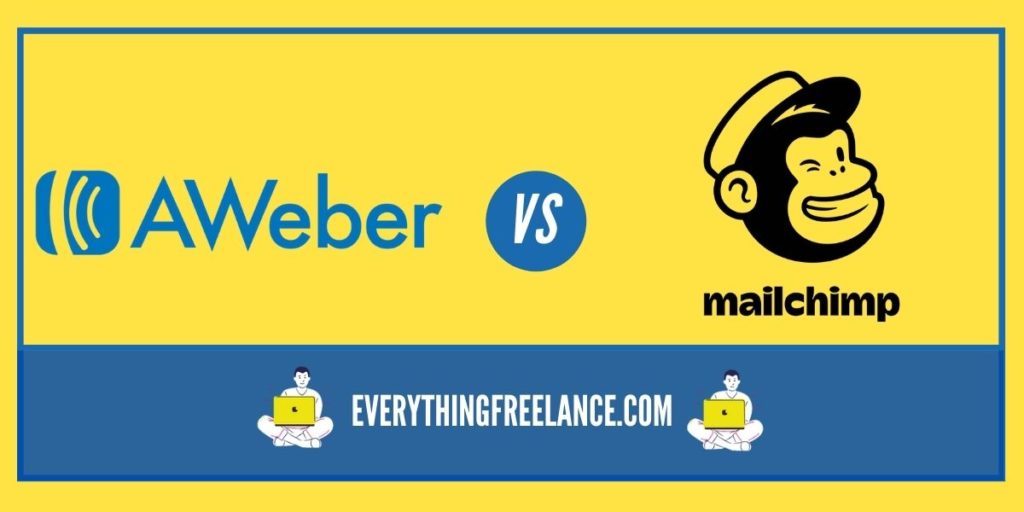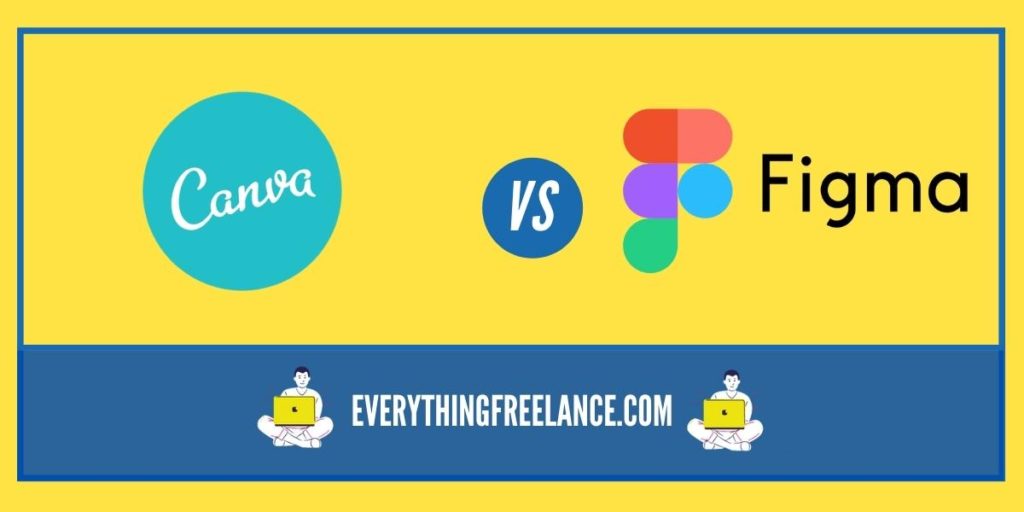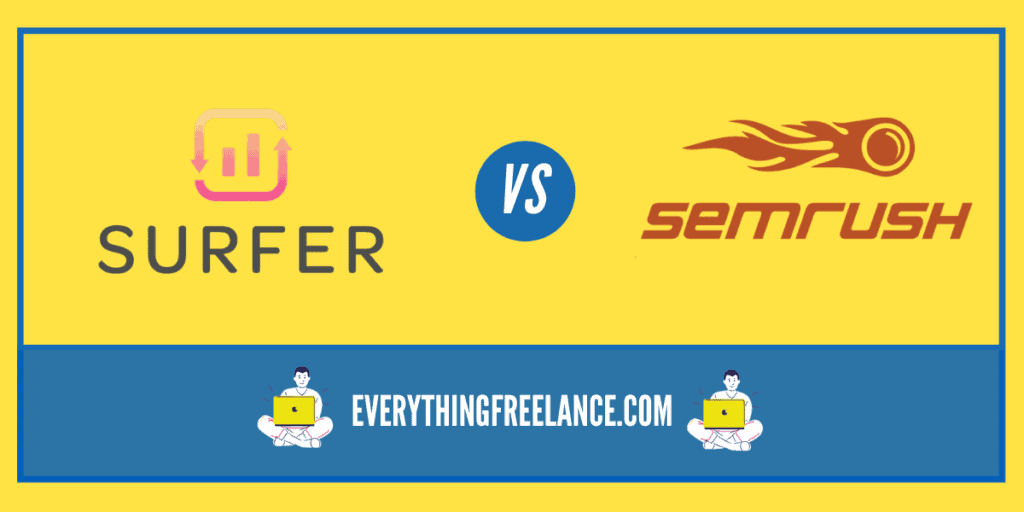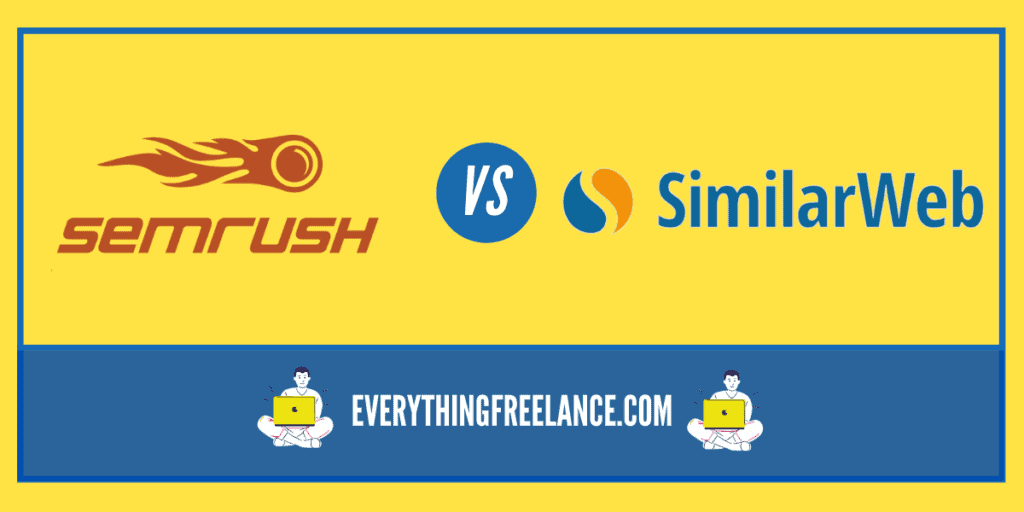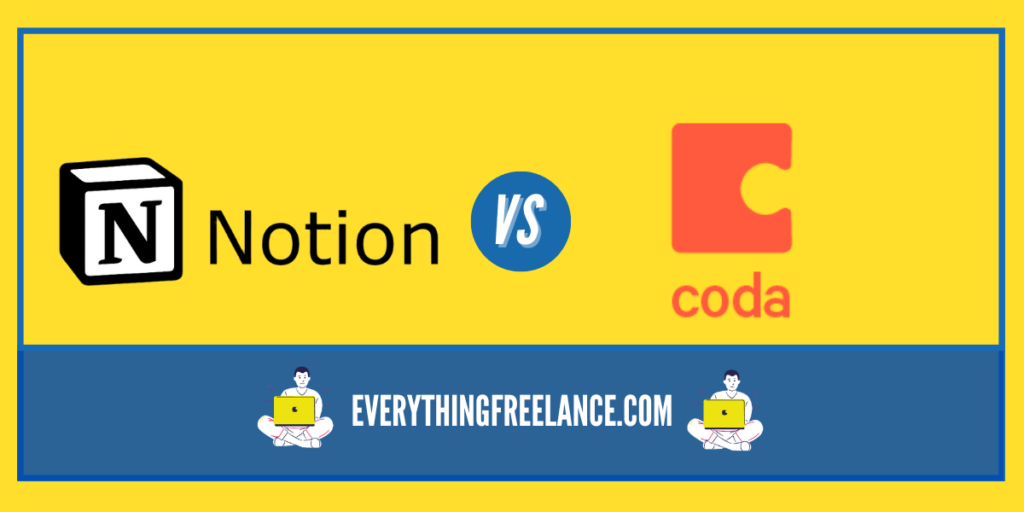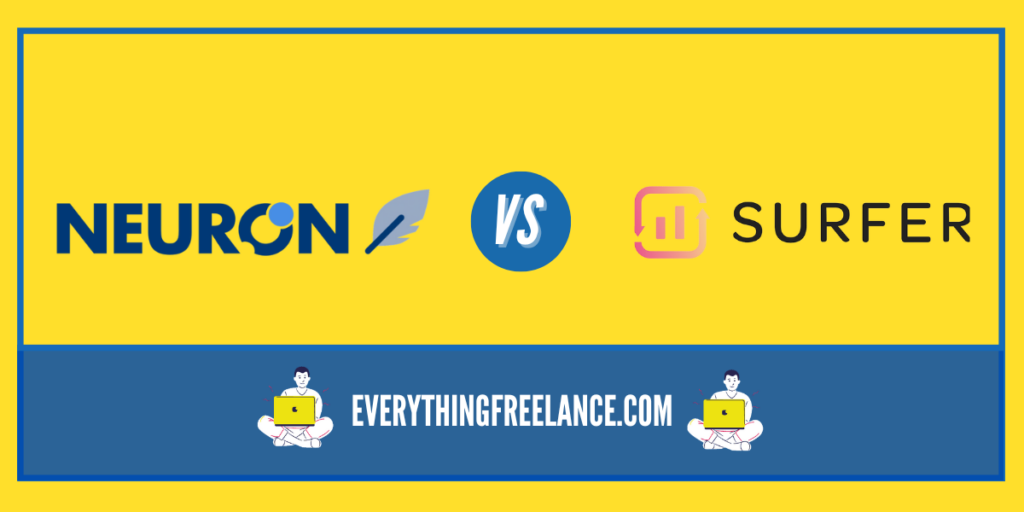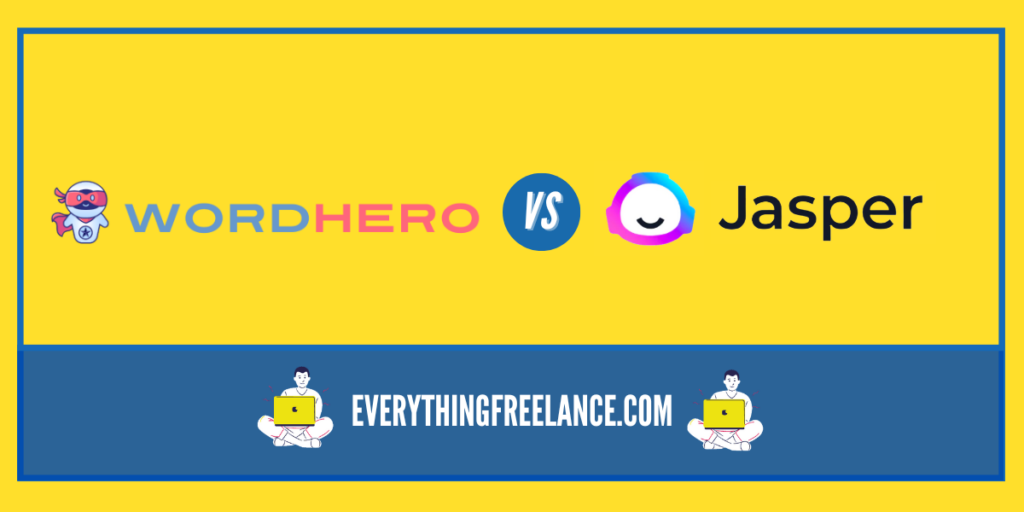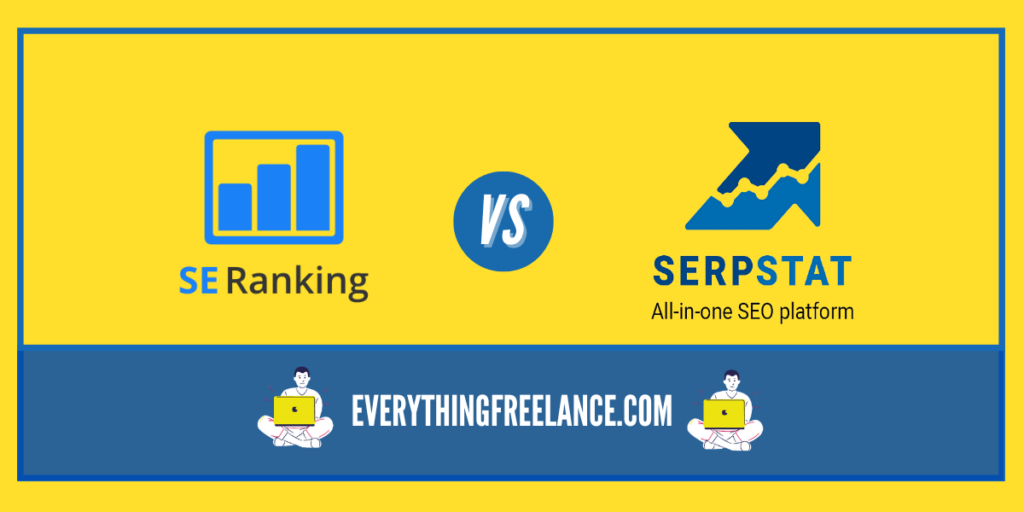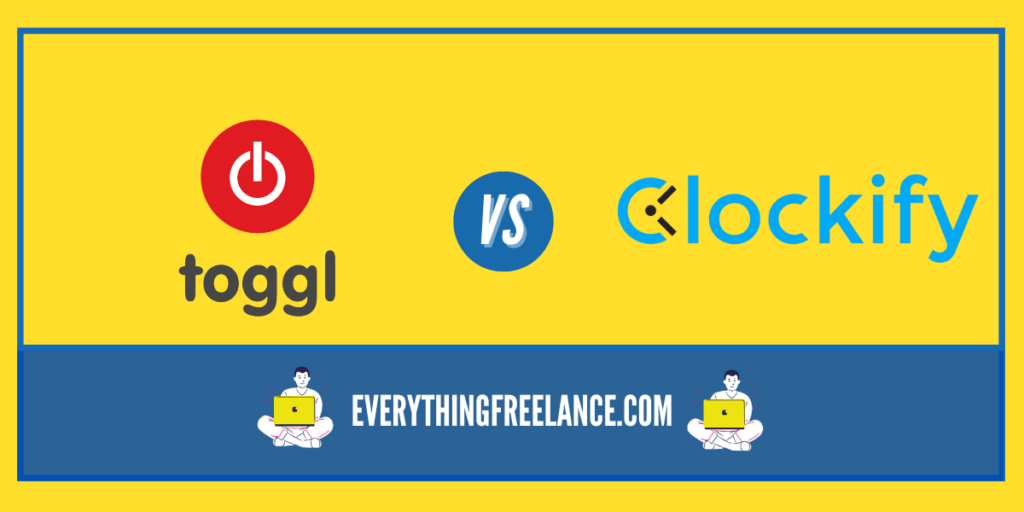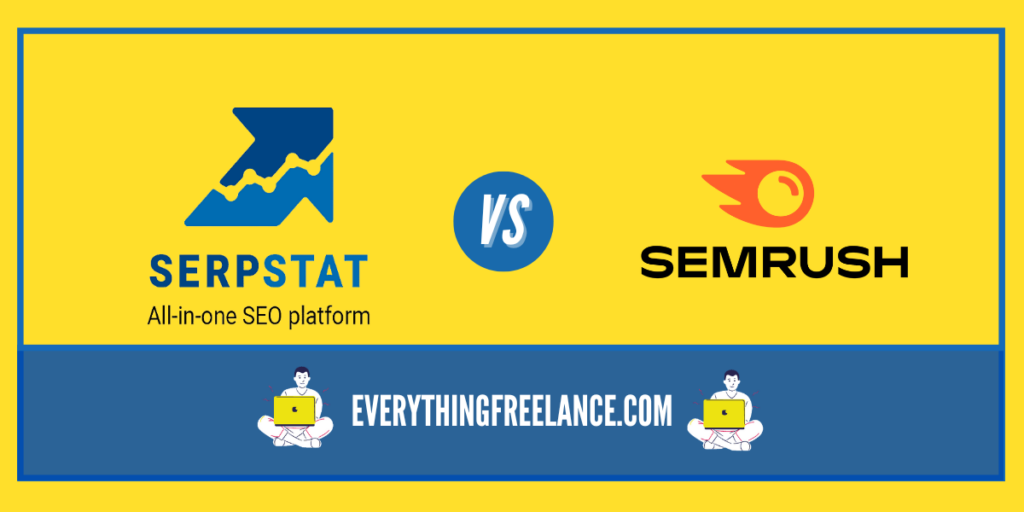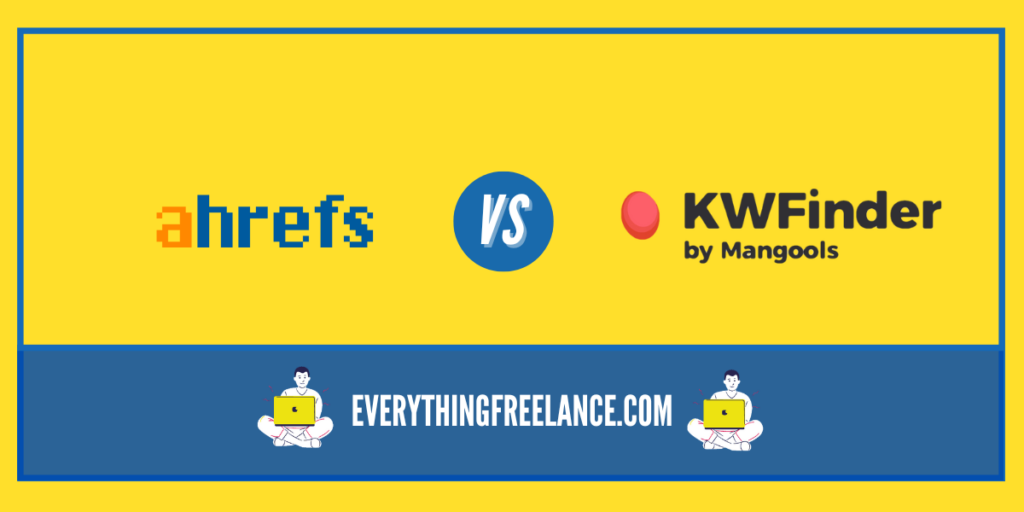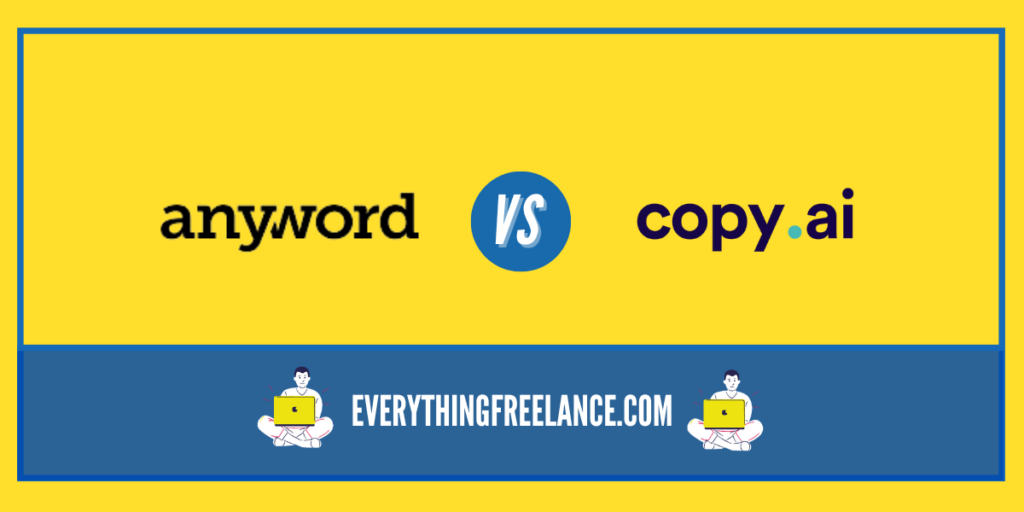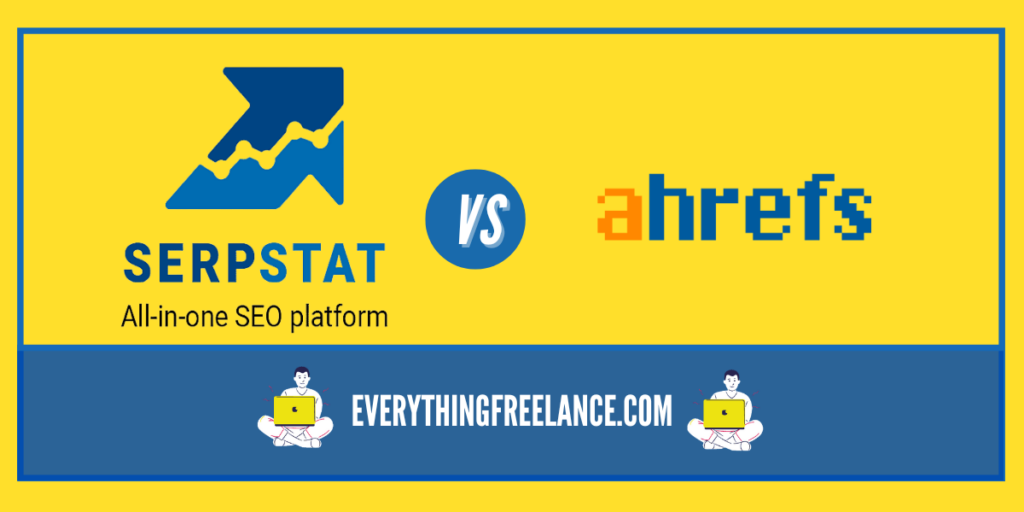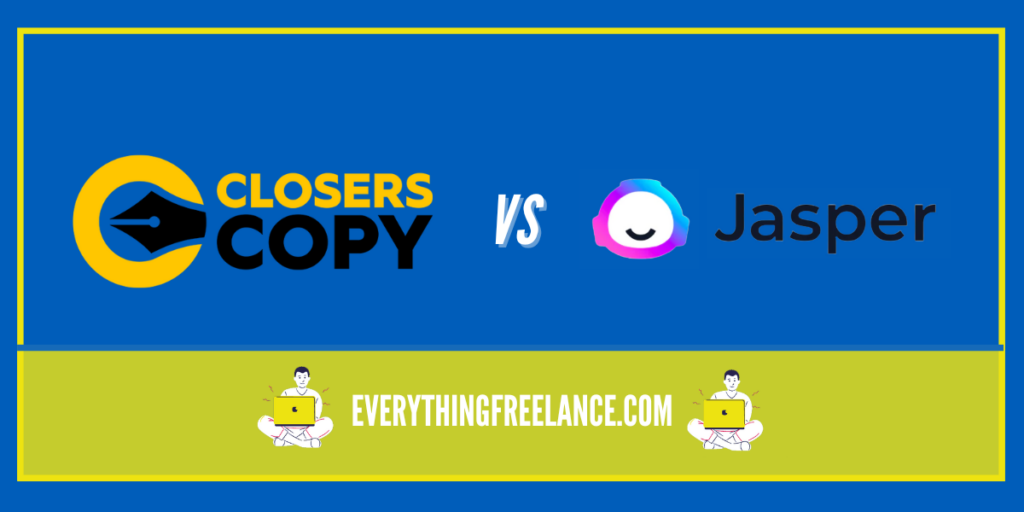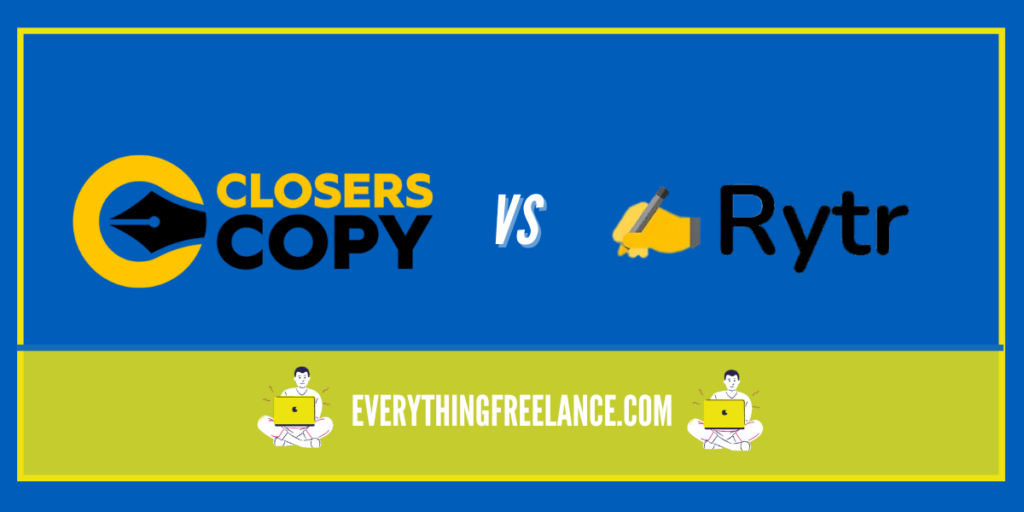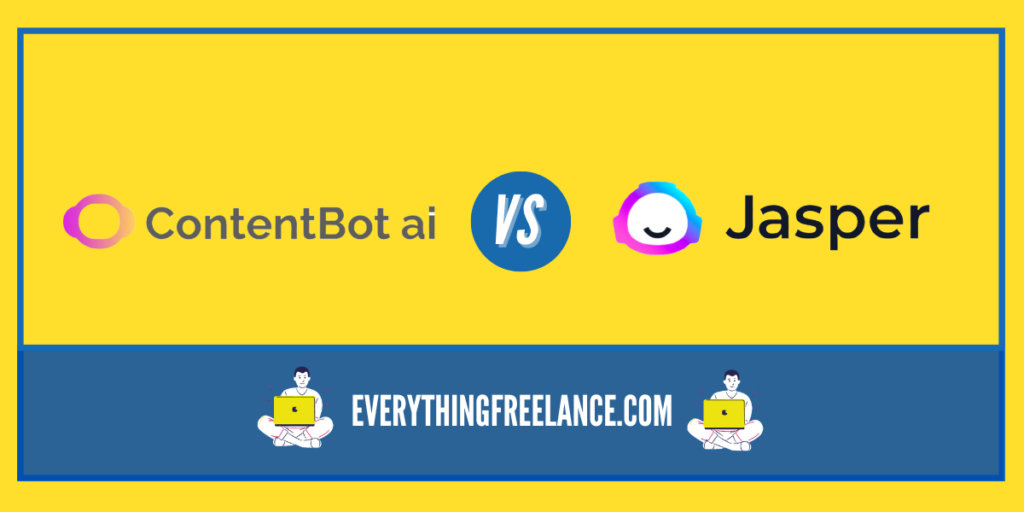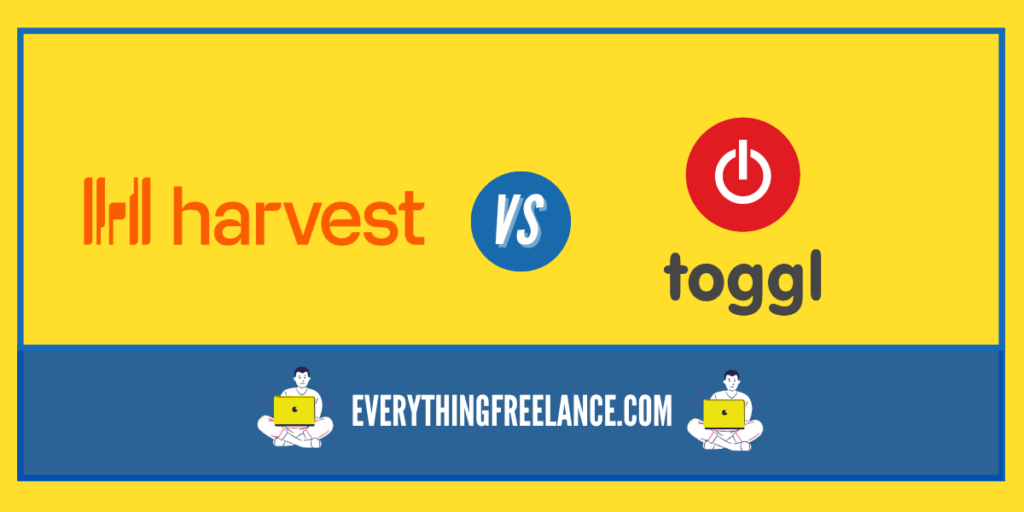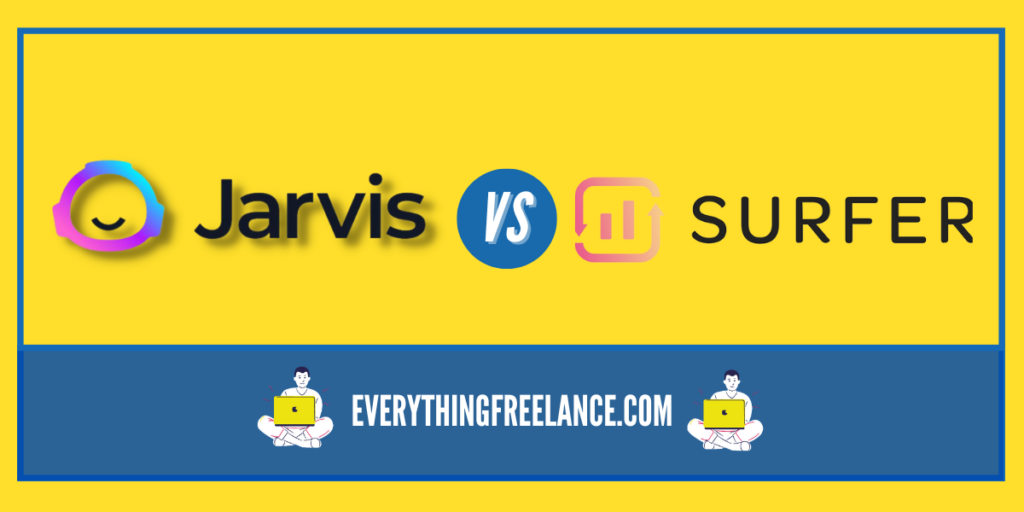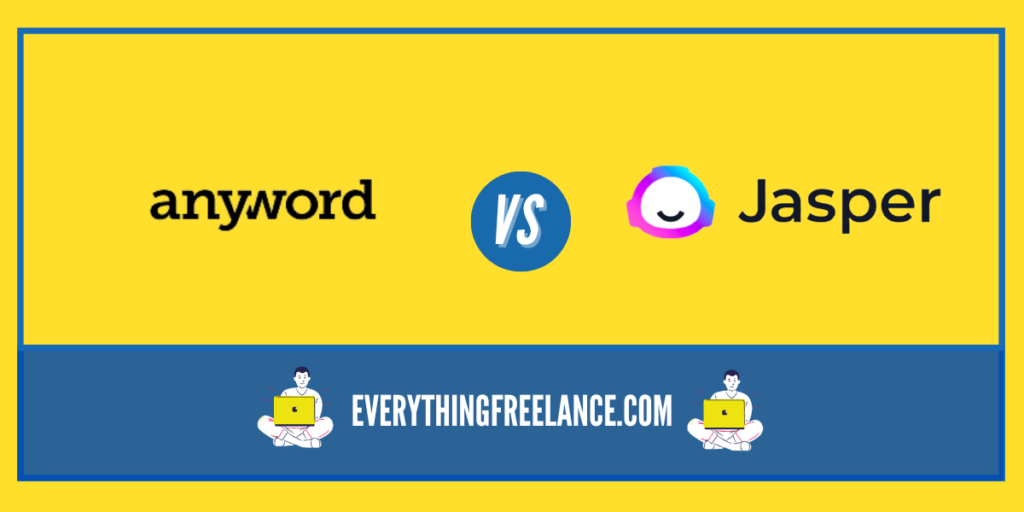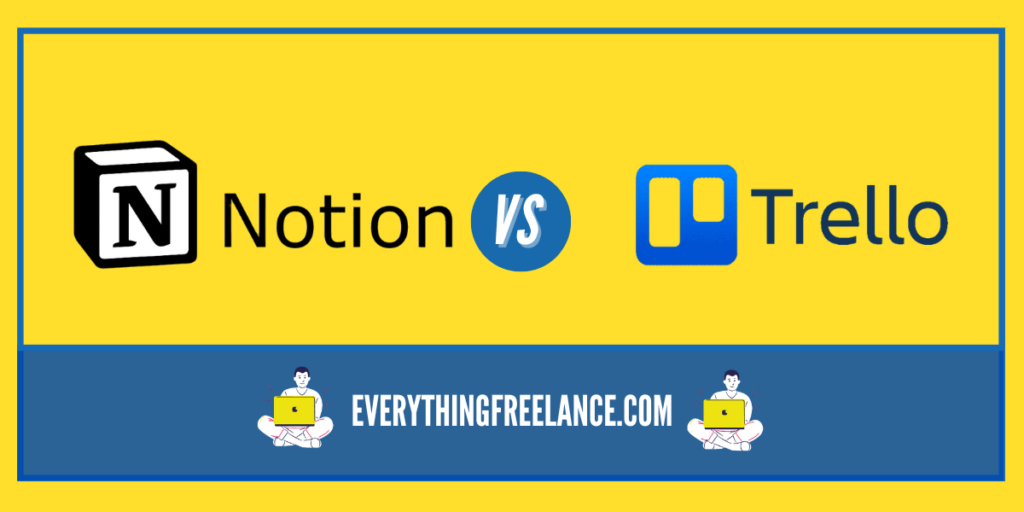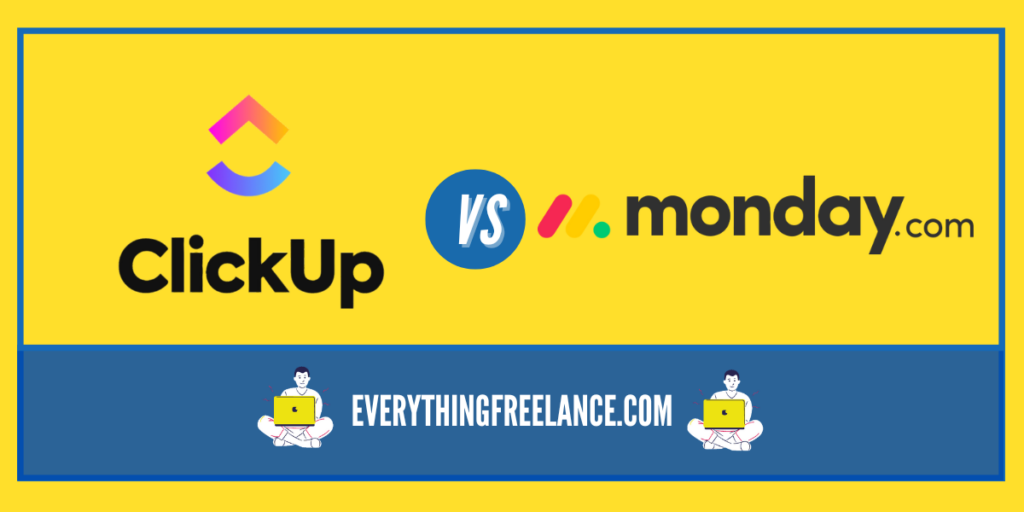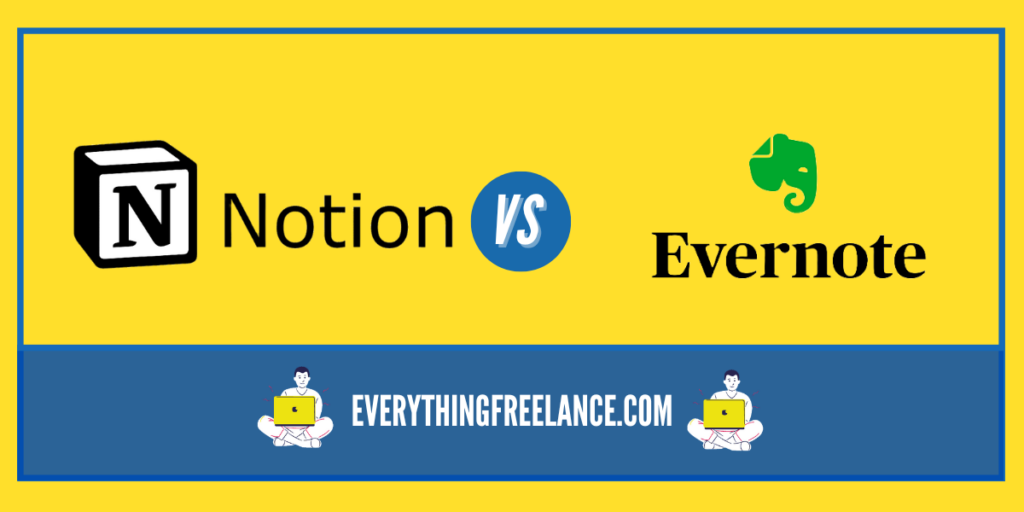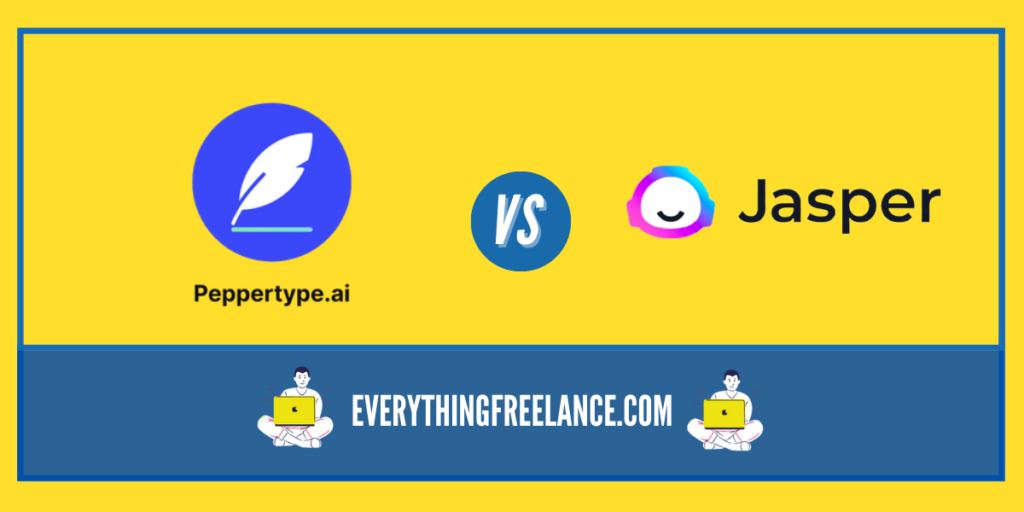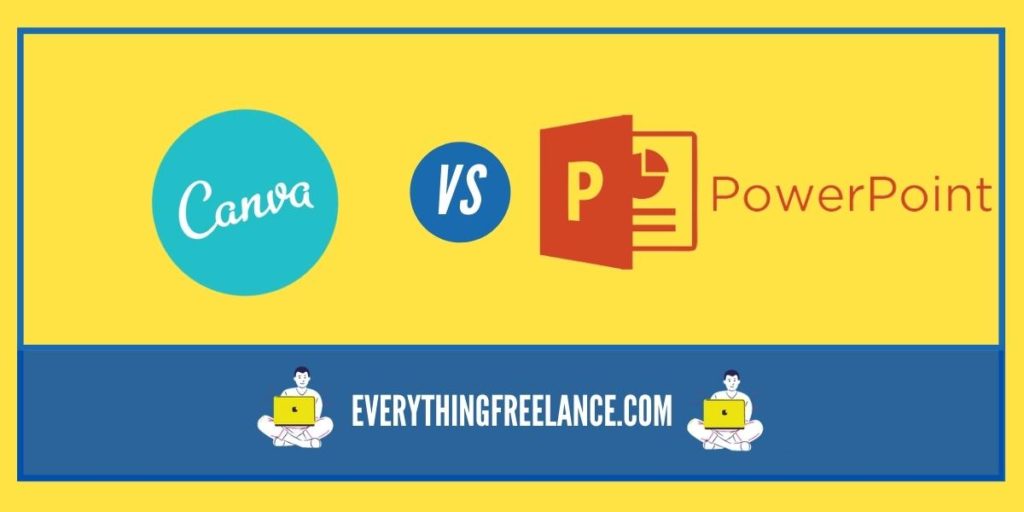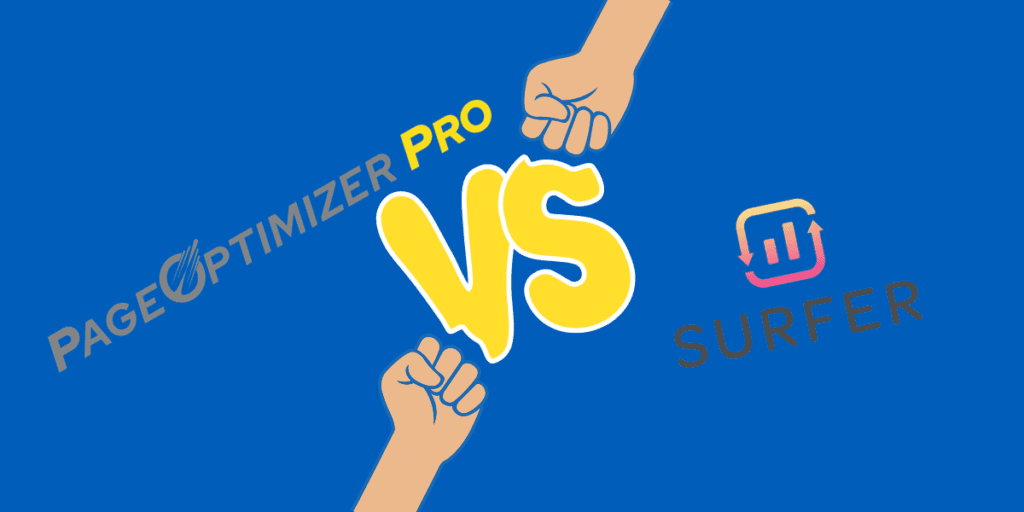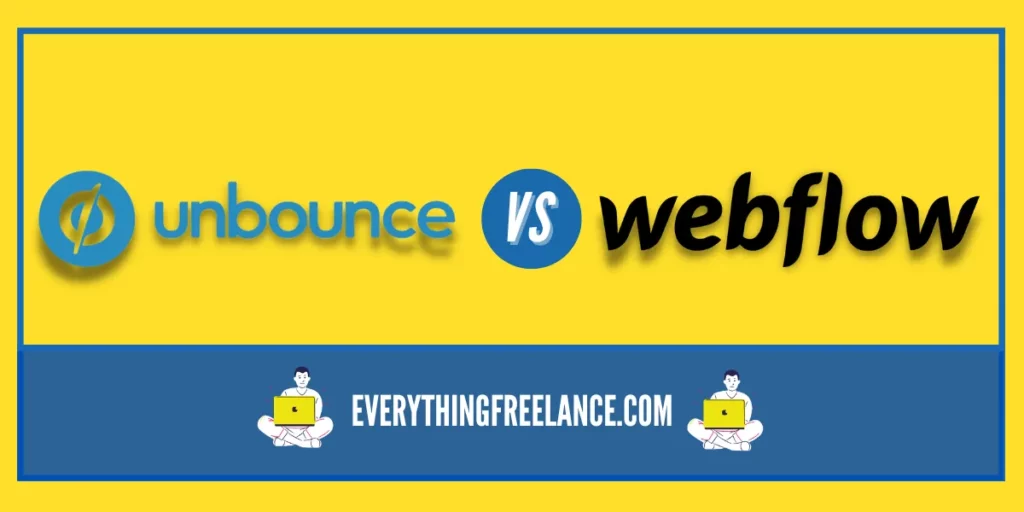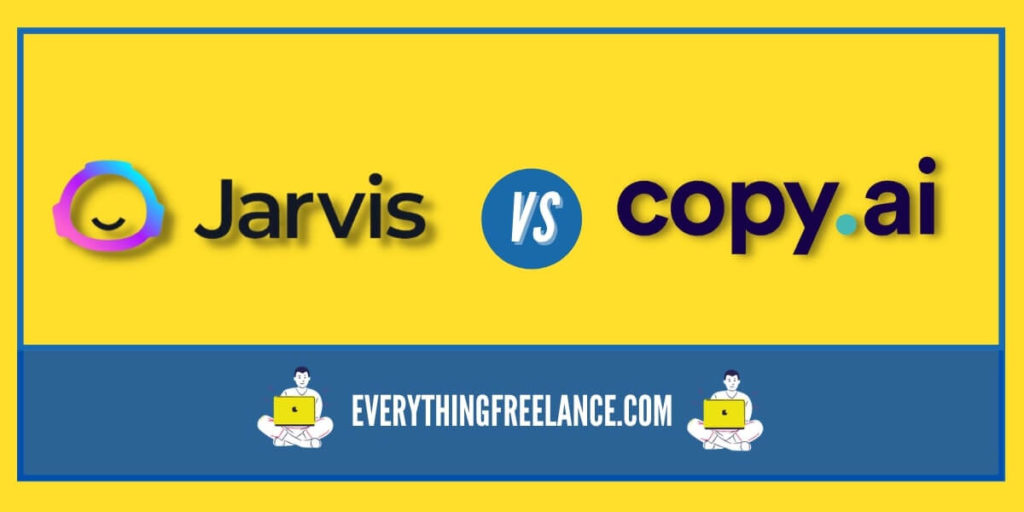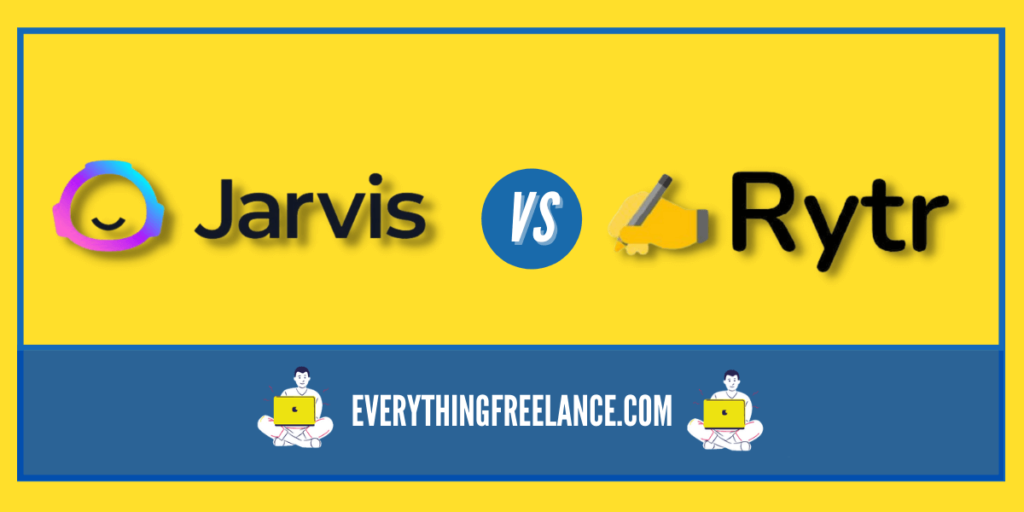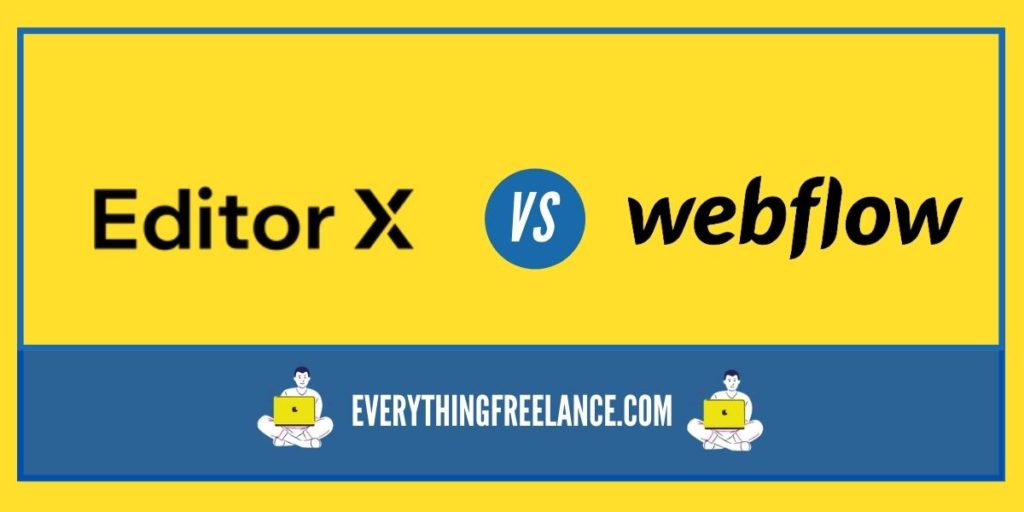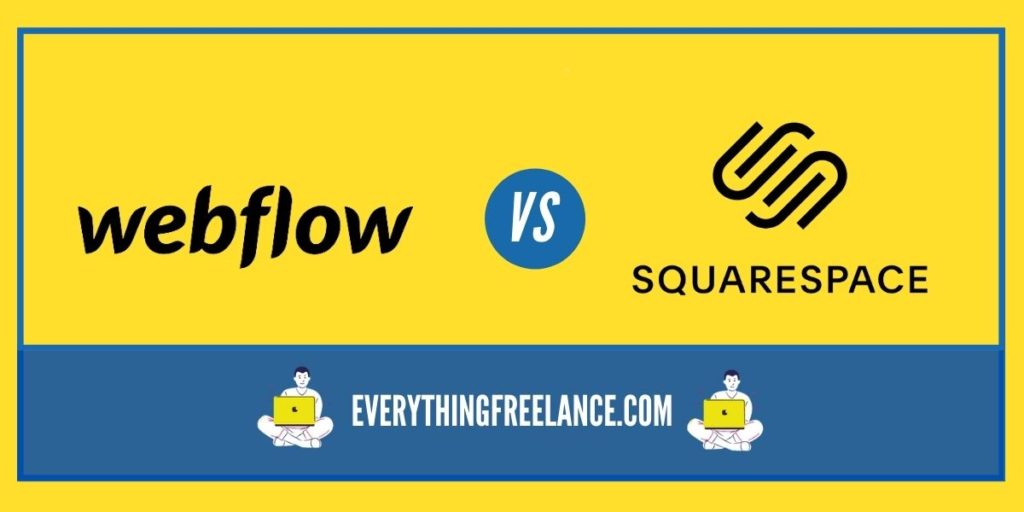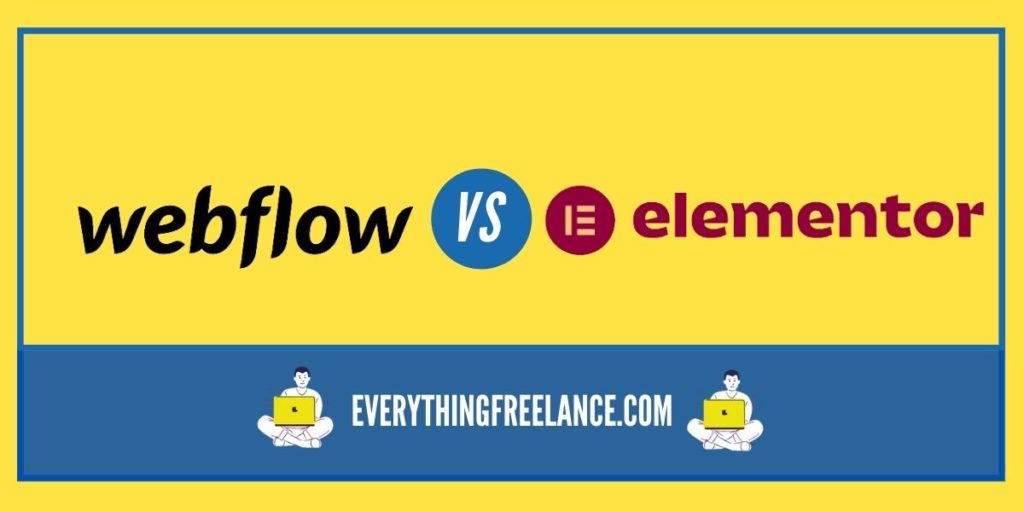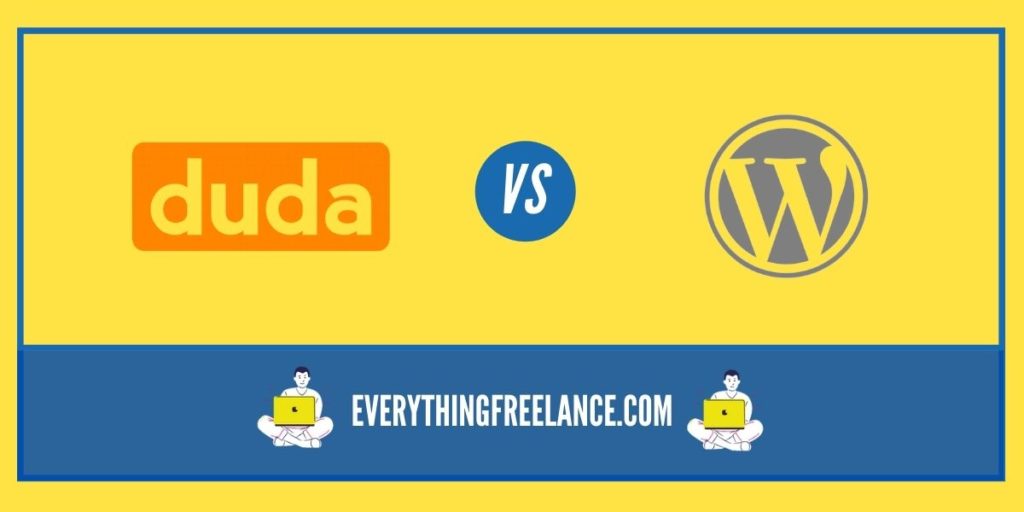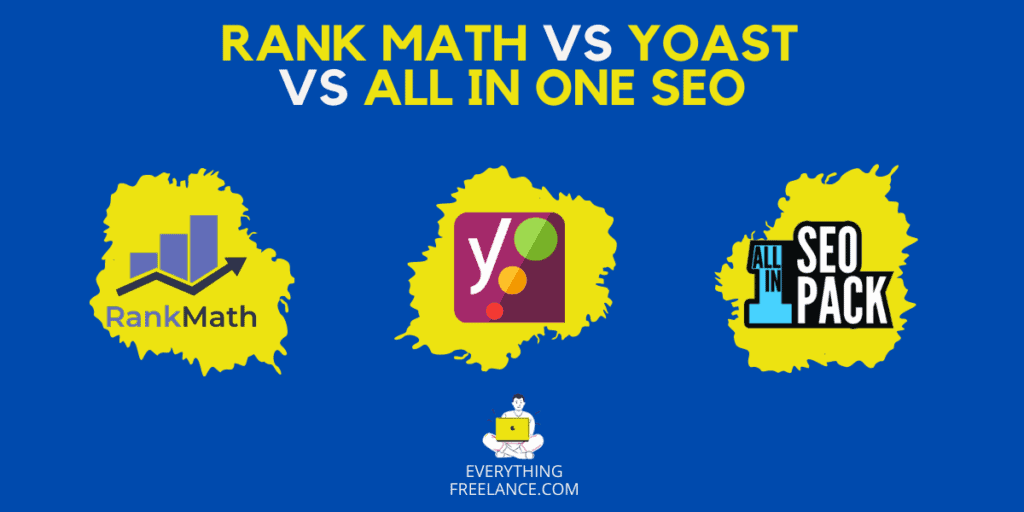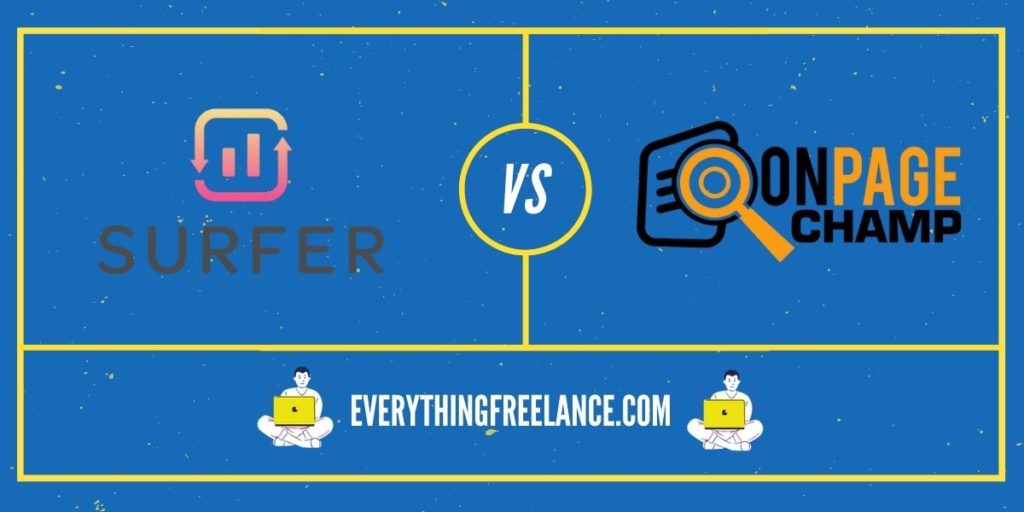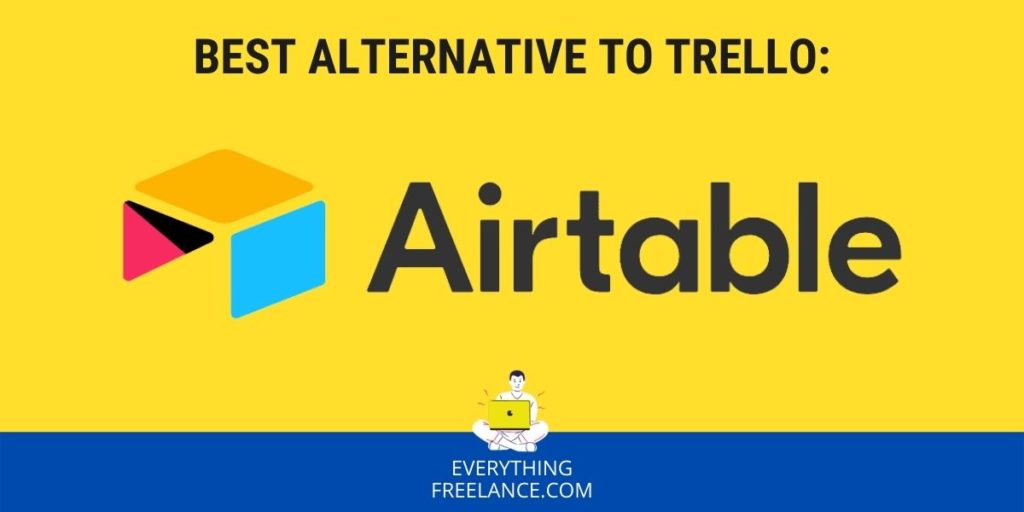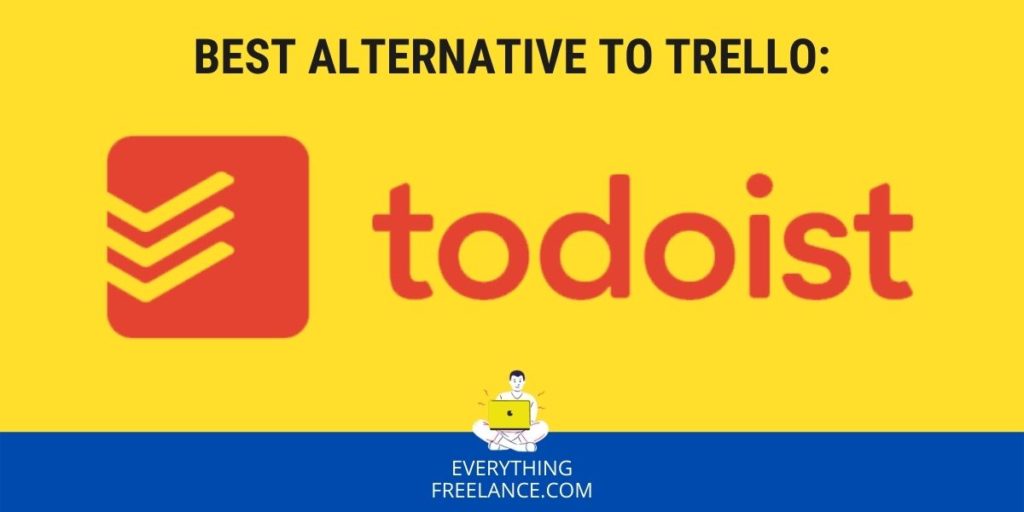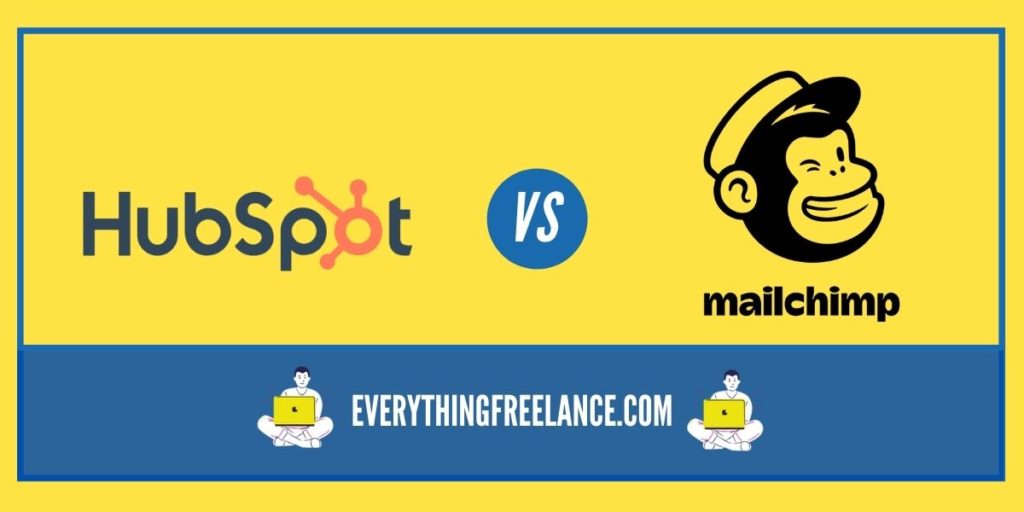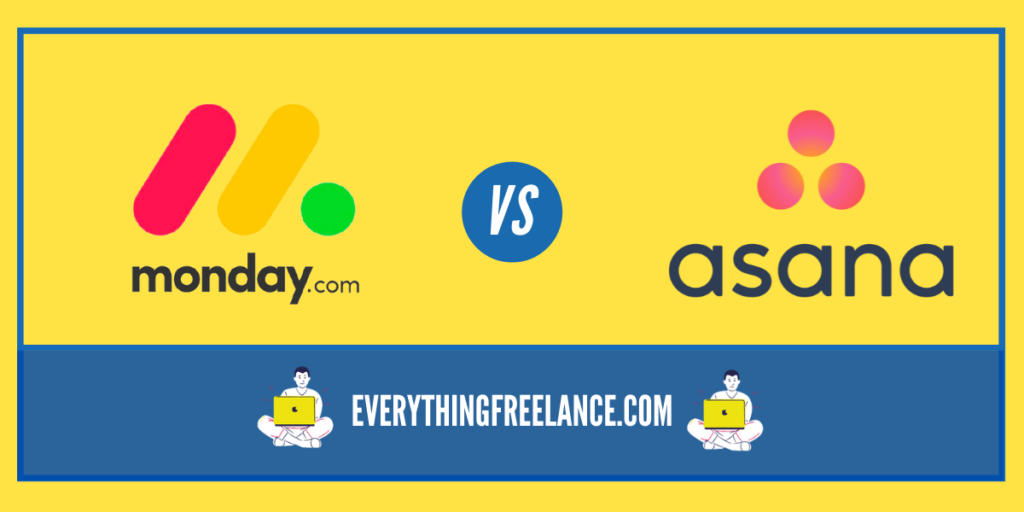The right keywords and content are crucial for your digital marketing campaign. Without them, there would be no foundation for successful search engine optimization (SEO), nor will your content reaches its intended audience.
Finding the right keywords can be challenging, but luckily several excellent tools are available to make the process easier. SEMrush and KWFinder are two of the most popular contenders in the digital marketing space.
Read below to learn how KWfinder vs. SEMrush compare in terms of features, ease of use, pricing, and more. We’ll also discuss other alternatives that may be worth considering if neither tool meets all your requirements. So let’s get started with the SEMrush vs. KWFinder comparison!
Overview of SEMrush vs. KWFinder
SEMrush and KWFinder are two very popular SEO tools that can help your business improve its online rankings and thus drive more traffic to your site. While both offer good keyword research and analysis capabilities, they have some differences. Let’s start with a short overview of both tools.
SEMrush Overview
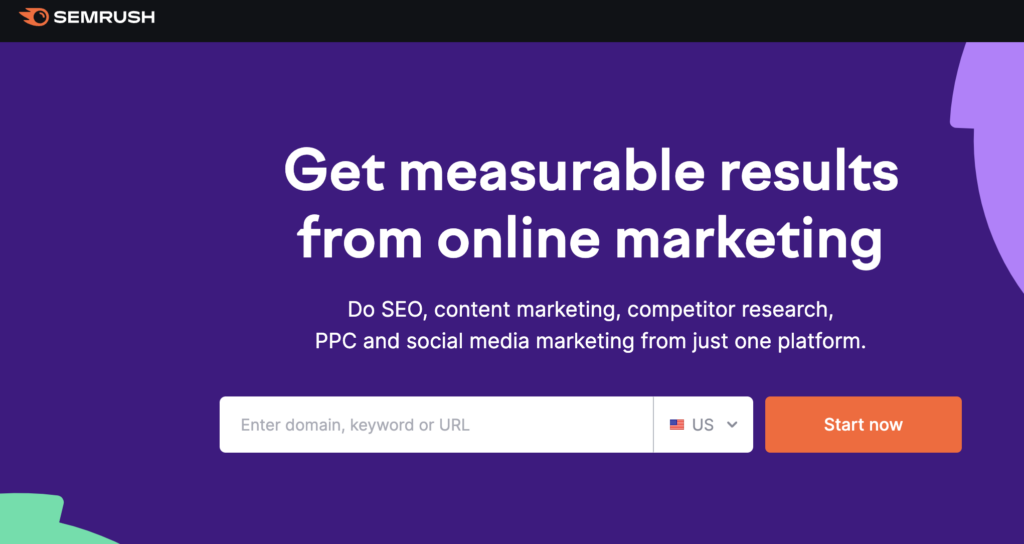
SEMrush is an industry-leading keyword research platform designed to help digital marketers identify profitable keywords and track their performance. Besides keyword research, SEMrush is a comprehensive tool focusing on search engine optimization, competitor analysis, link building, etc.
Semrush was introduced in 2008 by Oleg Shchegolev and has since become one of the most popular digital marketing solutions. The platform offers a wide range of features that allow users to uncover new keyword opportunities and optimize existing campaigns through detailed analysis and monitoring capabilities.
Besides comprehensive keyword research, SEMrush also offers features for backlink auditing, website health checks, lead generation, social media management tools, and more. SEMrush’s intuitive interface makes it easy for non-technical users to quickly access data and insights from within the platform.
KWFinder Overview
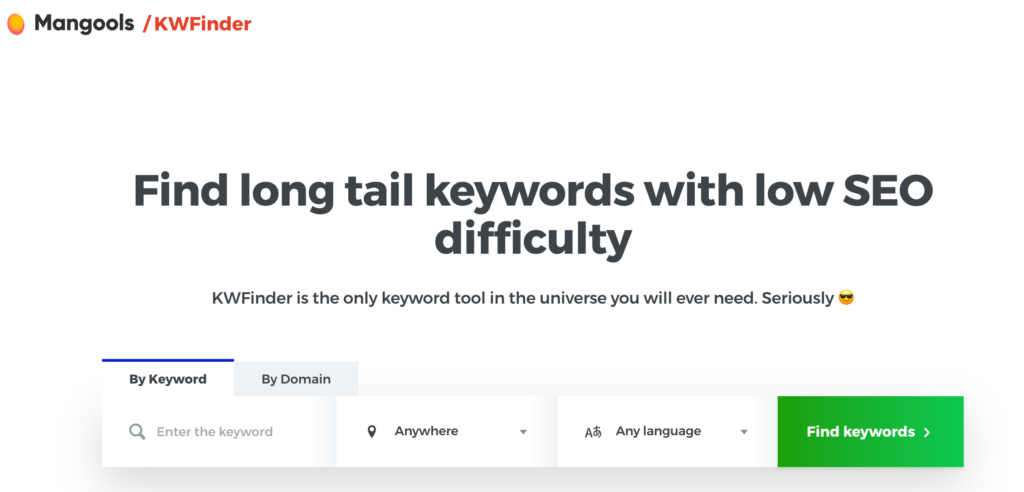
KWFinder is a keyword-research tool specifically designed to help digital marketers identify profitable keywords. It provides proprietary index values for SEO, as well as insight into the competition, SERP analysis, and PPCs. Developed by Slovenian tech startup Mangools, KWFinder was launched in 2015.
This tool is well-known for its ease of use and intuitive interface. It offers keyword suggestions based on a given seed keyword and provides metrics such as monthly search volume, keyword difficulty score, and estimated cost-per-click (CPC). With these features, marketers analyze potential keywords to know which ones will most likely attract more traffic.
KWFinder also provides in-depth competitor analysis tools that allow users to view the performance of their competitors’ websites in terms of organic search results and advertisement campaigns. With this information, marketers can understand what kind of strategies their competitors are using to gain visibility. It can also help you optimize your content by providing insight into long-tail keywords.
SEMrush vs. KWFinder: Features Compared
As we mentioned, SEMrush and KWFinder have a lot of differences, and they can mainly be seen in their features. Below we’ll go into more detail about their most notable features and how they compare.
SEMrush vs. KWFinder: Keyword Research Comparison
Regarding keyword research, SEMrush offers a wide range of features that allow users to dig deep into the most profitable keywords and optimize existing campaigns. SEMrush’s keyword research tool provides an in-depth analysis of organic search results by region, industry, device type, and more. It can also generate keyword ideas based on seed words or phrases provided.
SEMrush also offers insights into keyword difficulty scores, monthly search volume, CPC, and more. In addition, it allows users to track changes in search engine rankings to analyze how well their strategies are working.
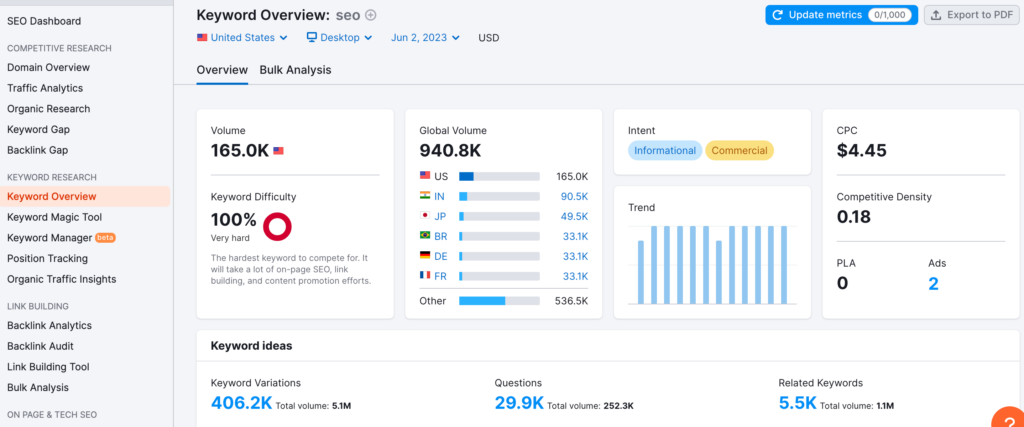
KWFinder is just as capable when it comes to keyword research. The platform’s proprietary index values provide SEO insights that help users identify profitable keywords. With KWFinder’s Suggestions feature, users can quickly start their keyword research by simply typing in a word or phrase and generating ideas based on that query.
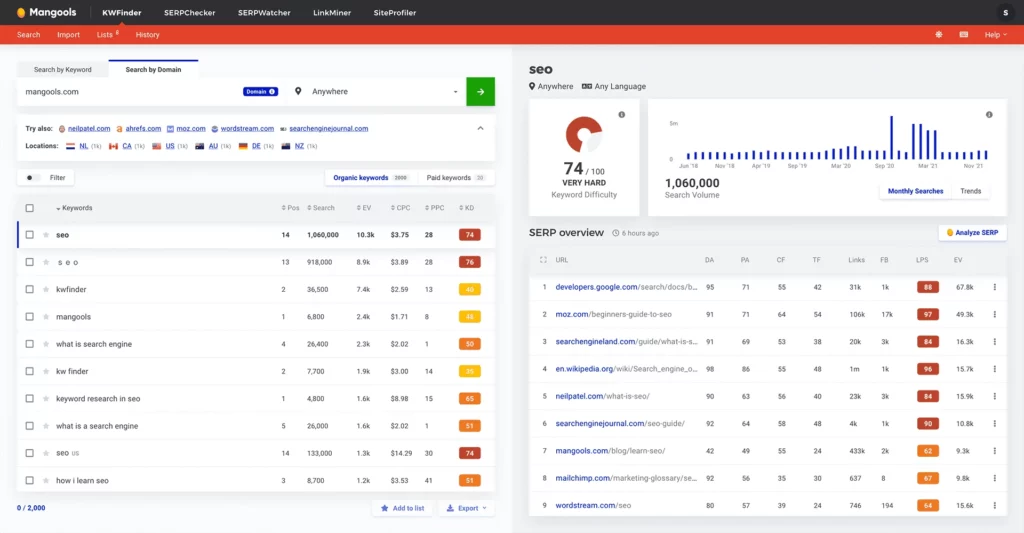
This SEO tool also provides monthly search volume and estimated CPC metrics. This allows digital marketers to evaluate potential keywords before investing money or resources into targeting them.
Keyword Database
SEMrush and KWFinder both offer comprehensive keyword databases that allow digital marketers to evaluate potential keywords before investing money or resources into targeting them.
SEMrush’s keyword database is one of its most renowned features, offering an extensive selection of keywords from different countries and industries. The database is updated regularly so users can always access the latest data.
The keyword database also includes historical ranking positions, allowing users to track changes in search engine rankings over time and compare different strategies to determine which ones are most successful.
KWFinder’s keyword database is also highly regarded by digital marketers and SEO experts. It provides a range of metrics such as monthly search volumes, historical rankings, regional variations, language variations, keyword difficulty scores, and more.
Keyword Difficulty Score
A keyword difficulty score is a metric SEO experts use to determine the competition for a particular keyword. The score is based on several factors, including the number of websites targeting the same keywords, the backlink profile of those websites, the domain authority of competing sites, and more.
SEMrush’s keyword-difficulty-score tool offers an overview of the competition for each keyword and provides detailed reports about competitors’ backlink profiles and domain authorities. What’s more, as we mentioned, Semrush allows users to group keywords according to different industries or regions to easily compare their performance in other markets.
KWFinder’s Keyword Difficulty Score provides an overview of how difficult it would be to rank for specific keywords. It does this by giving information about competitor websites regarding domain authority and estimated organic search traffic. It also includes data on historical rankings for each keyword so users can track changes.
Keyword Research Tool
SEMrush’s keyword research tool is designed to help digital marketers identify the most profitable keywords and phrases with the least amount of competition. It uses a range of metrics such as monthly search volume, keyword difficulty score, regional variations, language variations, competitor performance, and more to provide a comprehensive view of keyword data.
KWFinder’s keyword research tool is also as comprehensive. It provides extensive metrics such as monthly search volumes, regional variations, language variations, competitor performance, and keyword difficulty scores.
SEMrush vs. KWFinder: Competitor Analysis Comparison
SEMrush and KWFinder provide data on metrics such as monthly search volumes, keyword difficulty scores, regional variations, language variations, competitor performance, backlink profiles, and domain authorities.
However, KWFinder’s Keyword Difficulty Score offers a slightly different approach when it comes to competitor analysis. The tool provides an overview of the competition and detailed information on historical rankings for each keyword.
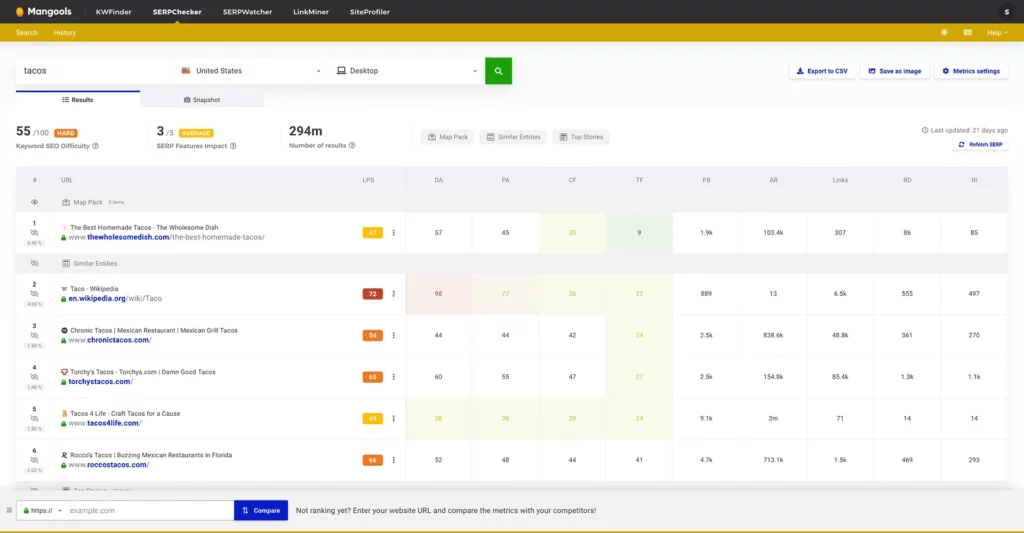
As noted before, this way, users can track changes over time and compare different strategies to determine which ones are most successful. Additionally, KWFinder offers insights into competitor performance, which helps users understand what strategies are used to gain visibility online.
Domain Overview
A domain is an essential part of any keyword research strategy, as it helps to identify the relevant keywords that need to be targeted. SEMrush’s domain overview tool provides users with a comprehensive view of their website’s performance by providing data on organic search traffic and competitor performance.
It tracks changes in rankings over time and offers insights into how competitors perform compared to the user’s website. Additionally, SEMrush provides data on a range of other metrics, such as monthly search volume, keyword difficulty score, and regional variations, that can be used to craft an effective keyword research strategy.
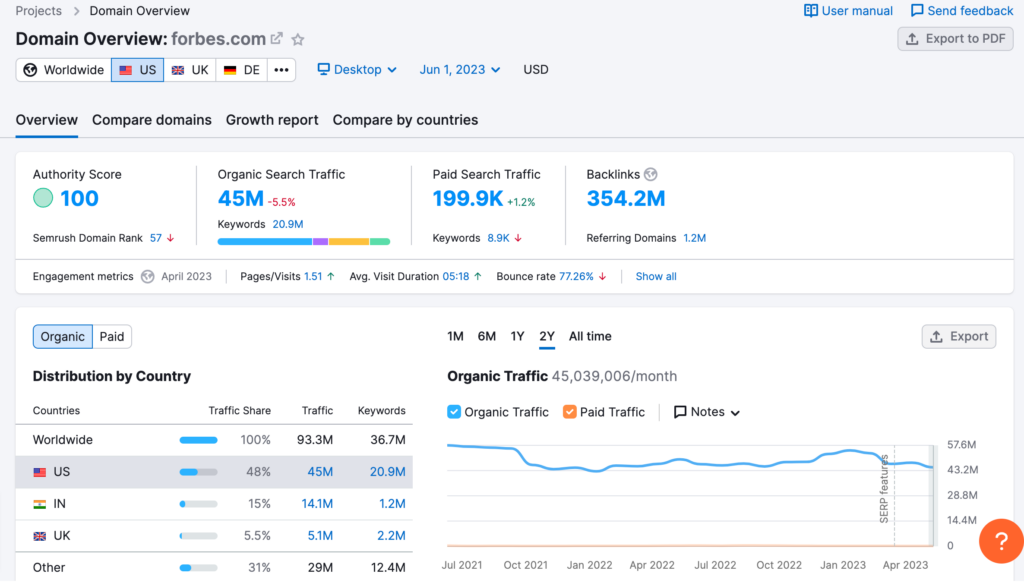
KWFinder’s domain overview feature helps users better understand the competition for each keyword they are targeting so they can create winning strategies that will help them stand out from the crowd online. And, of course, the tool offers insights into competitor performance, allowing you to use their strategies to boost your online visibility.
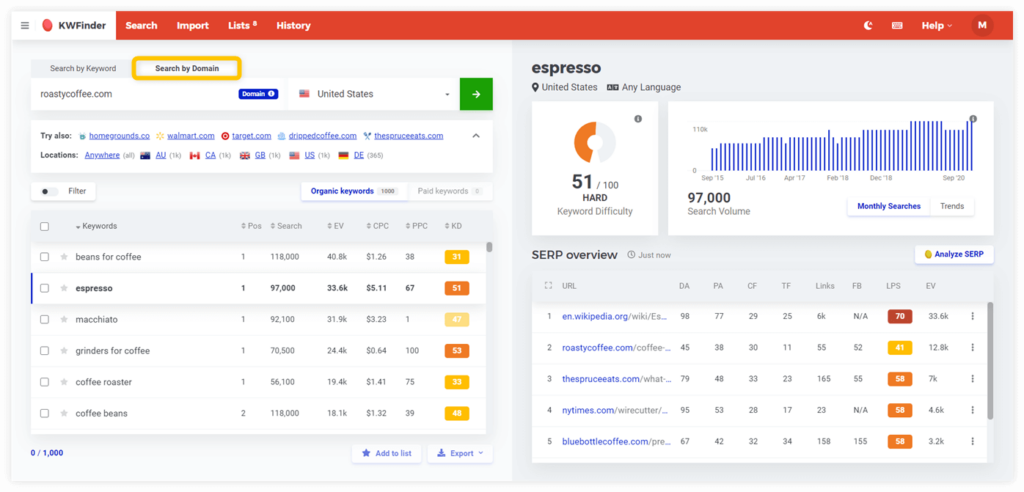
Organic Search Analysis
SEMrush’s Organic Search Analysis Tool gives users an in-depth view of their online visibility and how they compare to their competitors. It offers detailed information on monthly search volumes, regional variations, language variations, competitor performance, etc. The Organic Search Analysis Tool provides detailed data on monthly search volumes for every organic keyword a website’s visitors use.
KWFinder’s Organic Search Analysis tool offers detailed information on historical rankings for each keyword as well as data on backlink profiles and domain authorities. This helps users understand what content their competitors create to attract more organic traffic.
SERP Analysis
SEMrush’s SERP Analysis Tool offers detailed information on the top 10 organic search engine rankings for each keyword. This tool also provides insights into competitor performance and domain authority.
KWFinder’s SERP Analysis Tool helps digital marketers gain an understanding of who is competing for particular keywords and what kind of content they need to create to stand out from the crowd online. Additionally, the tool offers insight into historical rankings for each keyword.
SEMrush vs. KWFinder: Backlink Analysis Comparison
SEMrush’s Backlink Analysis Tool helps users keep track of their website’s inbound links. The tool gives detailed data about the number of links pointing to a website, source domains, and anchors. This tool also reviews outgoing links to ensure a website isn’t linking to any malicious or spammy websites that could negatively impact its rankings in search engines.
KWFinder’s Backlink Analysis Tool offers more comprehensive backlink auditing capabilities than SEMrush by providing users with a variety of advanced analytics data regarding the quality, authority, trustworthiness, and relevancy of their backlinks. This tool gives digital marketers detailed insights into how well their website is linked to other sources.
Backlink Database
SEMrush’s backlink database tool allows users to thoroughly study their competitors’ backlink profiles and make comparisons between numerous domains side by side. SEMrush works by constantly searching for new backlinks to add them to their database within hours of them being first published.
It even offers backlink toxicity markers, which provide info about harmful environments, manipulative links, networks, webpages, etc. Users can uncover any domain, subdomain, or URL backlinks and compare them to their site. SEMrush database has over 20+ billion keywords, SEO, 140+ geo databases, and 800,000,000 domains.
With KWFinder, you have fewer domains in the database because their plans include over 1000+ keyword searches per 24 hours, 700+ keyword suggestions, and an unlimited number of competitor keywords. This SEO tool also gives over 1200 SERPS and checks over 150 sites, but you get only 12,000 backlinks. Note that these limits reset after each day.
Backlink Audit Tool
SEMrush’s Backlink Audit Tool provides detailed information on the number of links pointing to a website and each link’s anchor text and source domain. This is the part that reviews outgoing links.
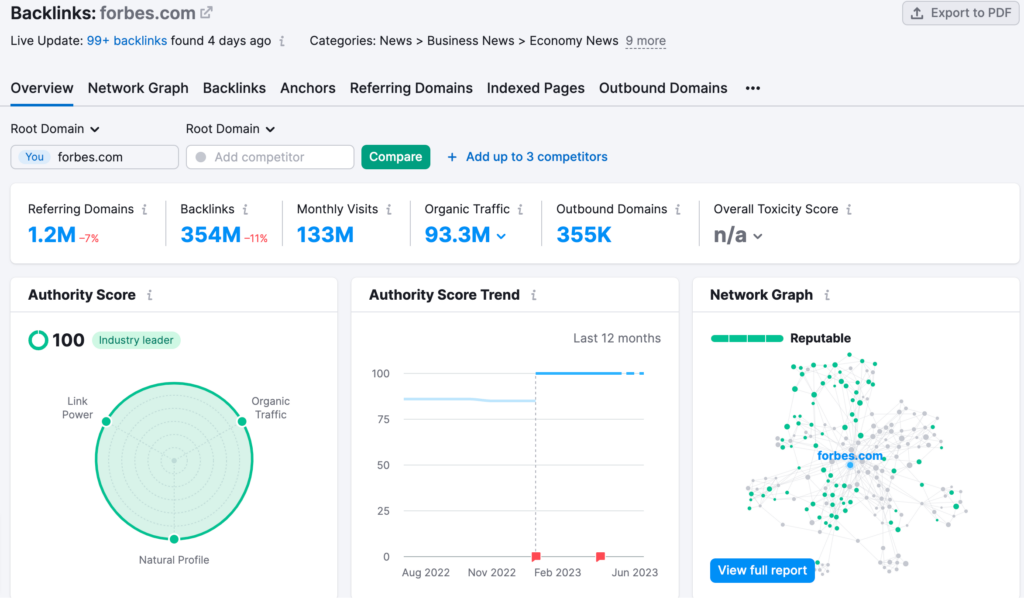
With this data, users can understand how well their website is linked from other sources, allowing them to make informed decisions about which link-building strategies will be most effective for boosting their SEO performance.
KWFinder takes backlink auditing one step further with its Backlink Analysis Tool. This robust feature allows users to gain insights into their backlinks’ quality, trustworthiness, authority, and relevancy—all essential elements when crafting successful link-building tactics designed for maximum SERP impact.
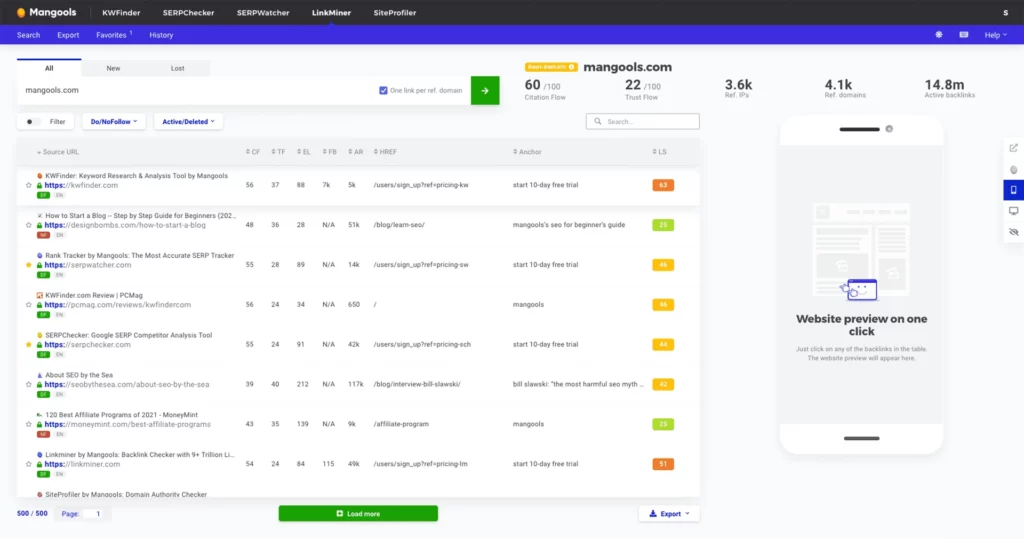
KWFinder’s SERP Analysis Tool also provides features such as regional/language variations analysis and competitors’ performance tracking. Hence, users have an even better understanding of who they are competing against online.
Backlink Monitoring Tool
SEMrush’s Backlink Monitoring Tool allows digital marketers and website owners to stay updated on the latest changes to their backlink profiles. This tool tracks all new links created and any changes or removals of existing links so users can quickly identify any abrupt shifts in their ranking.
It also enables you to keep tabs on all linked websites so they can ensure you’re getting quality backlinks from reputable sources. In addition, SEMrush’s Backlink Monitoring Tool provides insights into the anchor text used for each link, so users can make sure it aligns with their target keywords and optimize accordingly.
KWFinder’s Backlink Monitoring Tool allows you to analyze competitors’ backlinks for comparison purposes, helping you determine where improvements need to be made on your campaigns to boost your rankings in SERPs. Furthermore, this feature accurately checks for unlinked mentions while identifying potential opportunities for link-building that may have been overlooked.
Pros & Cons: SEMrush vs. KWFinder
Considering that these two are one of today’s most used SEO tools, they naturally have unique capabilities that can help any business improve its search ranking. While SEMrush offers a comprehensive suite of SEO and digital marketing tools, KWFinder is more user-friendly and specializes as a keyword tool.
As you can see, both have some good and bad sites. To make a decent and right choice, you need to know both, which is why we made the following pros and cons lists.
SEMrush: Pros & Cons
Like all keyword-researching platforms, SEMrush does have its benefits and downsides. Here are a few pros and cons of this SEO tool.
Pros
- Comprehensive keyword research and analysis tools
- In-depth backlink auditing and monitoring features
- Easy-to-use interface with straightforward navigation
Cons:
- A limited number of competitor comparison options
- Some features require a paid subscription
KWFinder: Pros & Cons
Now that you know what is good and bad about SEMrush, you can check out the same list regarding KWFinder. As this tool isn’t any different, below are its pros and cons.
Pros
- Advanced analytics data on backlinks quality, authority, trustworthiness, and relevancy
- Regional/language variations analysis for SERPs
- A more affordable option
Cons
- Fewer features compared to other competitors
- More focused on keyword research rather than other features
SEMrush vs. KWFinder: Pricing Comparison
SEMrush offers three pricing plans users can choose from. Those are the following:
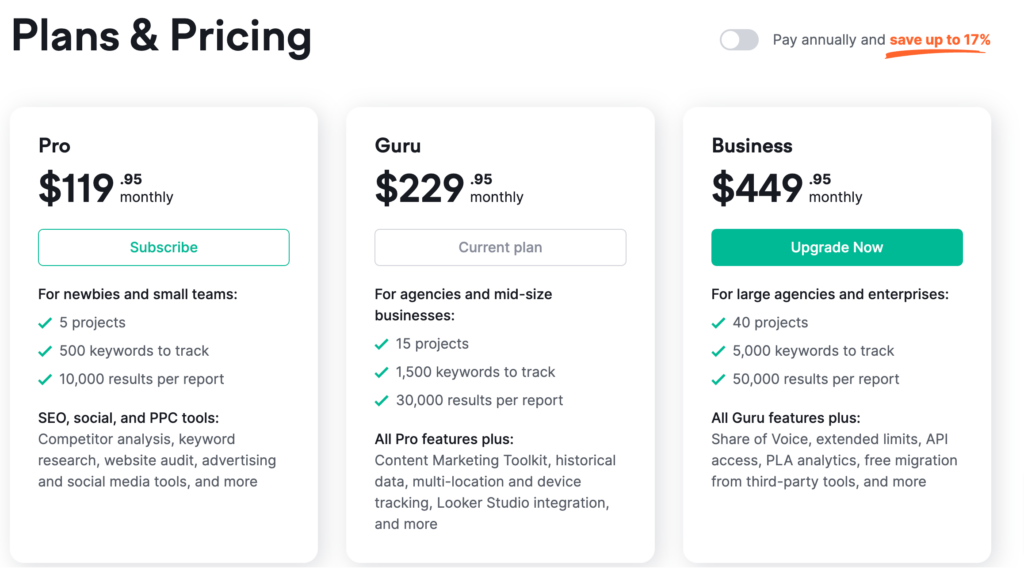
- Pro plan – Costs $119.95, and it is the best plan for startups, freelancers, and marketers operating on a budget. With SEMrush’s 40 advanced tools, users can run their SEO, SMM projects, and PPCs. With this plan, you also get competitor monitoring, traffic sources, ranking, social media results, etc.
- Guru plan – Costs a little more—$229.85 a month. The Guru pricing plan is best for SMBs, and mid-level marketing agencies, and it includes historical data, content marketing platforms, and extended limits. Both Pro and Guru plan offer a 7-day free trial.
- Free plan – This one is for hobbyists and budding marketers, and freelancers.
Regarding KWFinder, this SEO tool also has three pricing plans:
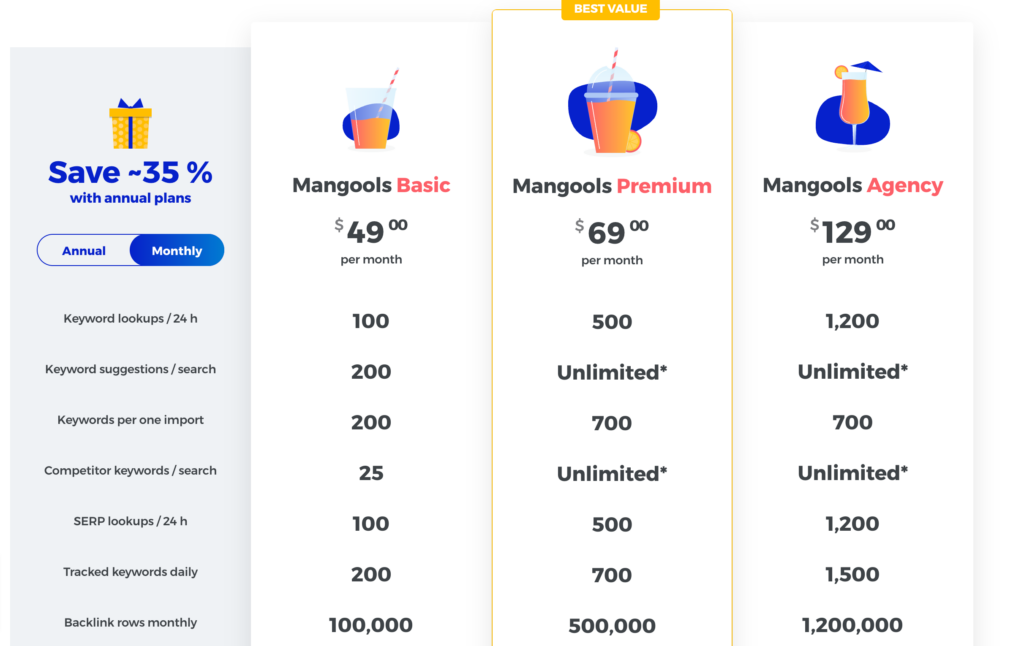
- Basic – It costs $49.00, and with it, the user gets 100 keyword lookups 24/7, 200 keyword suggestions, 100 SERP lookouts, and more.
- Premium – You get unlimited keyword lookups and suggestions, 500 SERP lookups, 700 tracked keywords and unlimited competitor keyword research. The Premium plan costs $69.00 a month.
- Agency – This one costs $129.00, and with it, you get 12 additional seats, unlimited keyword suggestions, 1,200,000 backlink rows, 1200 SERP lookouts, and much more.
SEMrush vs. KWFinder: Customer Support
Although you may not always need it, it is good to know that the tool you’re using has solid customer support on which you can rely at any time. SEMrush provides 24/7 customer support through live chat, email, and phone support, as well as an extensive knowledge base with helpful tutorials.
KWFinder also offers 24/7 customer support via live chat and email, but in addition, it has a dedicated VIP team available to offer personalized advice and technical assistance. Both platforms maintain high standards when it comes to customer service and usually respond quickly to inquiries.
Conclusion
SEMrush and KWFinder are both powerful tools for improving search engine rankings with an optimized copy, detailed keyword research, and suggestions. Although KWFinder is cheaper, SEMrush is more qualified to improve your search engine visibility and progress.
As we have mentioned, both platforms have great customer support available 24/7 on their website and give detailed responses to your queries. You can reach KWFinder through their live chat or submit a question through email.
All in all, SEMrush and KWfinder are superb choices that can bring success to your content or business. Remember that SEMrush is marketed as a full SEO tool that provides digital marketing tools as well, while KWFinder places a special emphasis on keyword optimization. However, choosing the right one depends entirely on you and your budget.
FAQs
What is SEMrush?
SEMrush is a digital marketing tool that helps enterprises improve their online visibility, analyze competitors’ strategies, and optimize their digital marketing campaigns. It uses several things, such as keyword research, backlink tracking, and competitor analysis.
What features does KWFinder offer?
KWFinder offers several features, such as keyword research and analysis, SERP checker, backlink tracking and monitoring, and competitor analysis.
Which pricing plan should I choose from SEMrush or Kwfinder?
You can choose from several plans, depending on what you want. SEMRush offers a Pro plan, which costs $99.95 per month—that’s the “basic”. On the other hand, KWFinder’s Basic plan is much cheaper, starting at $29.90 per month, with 100 keyword lookups and many more useful features.



